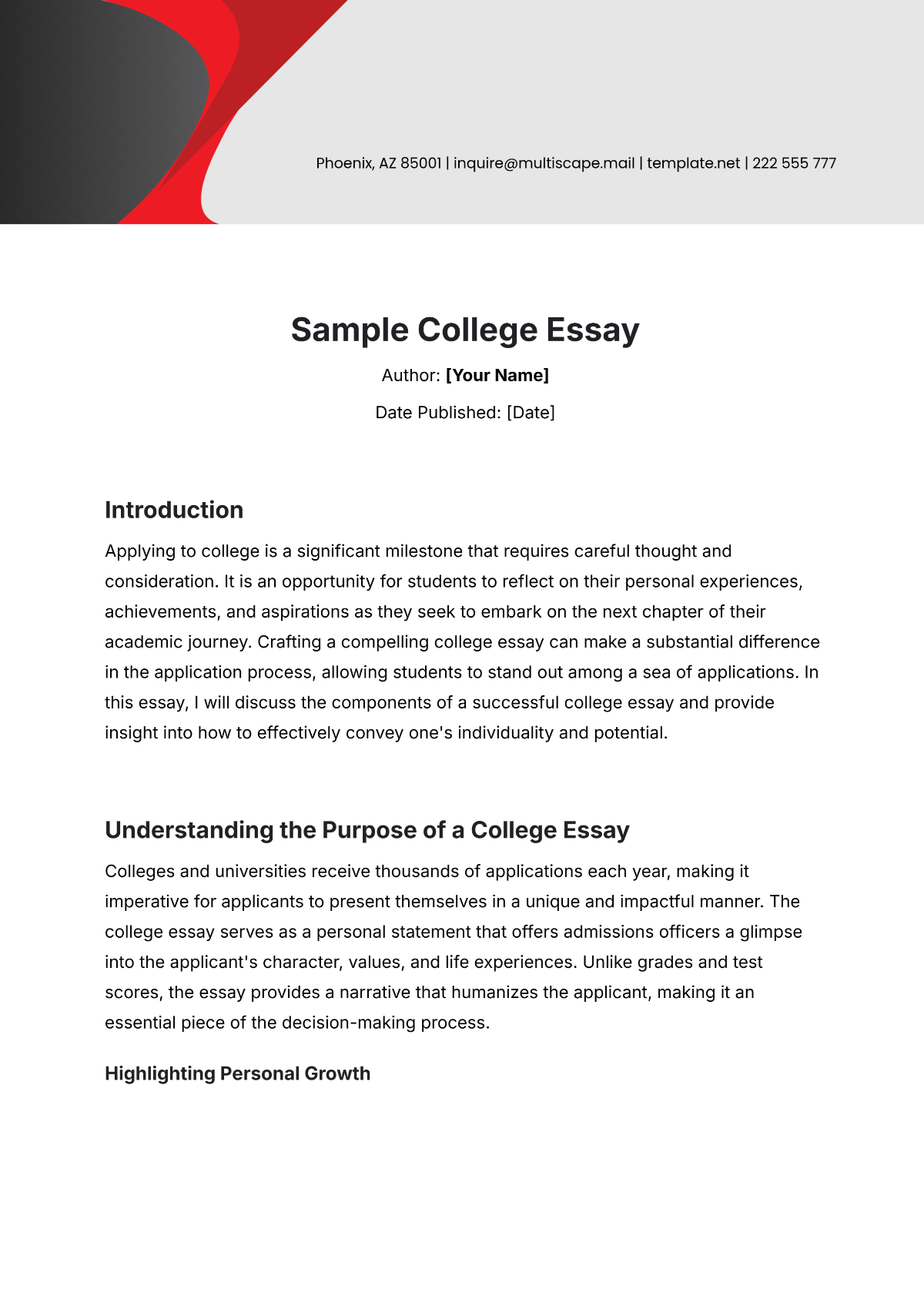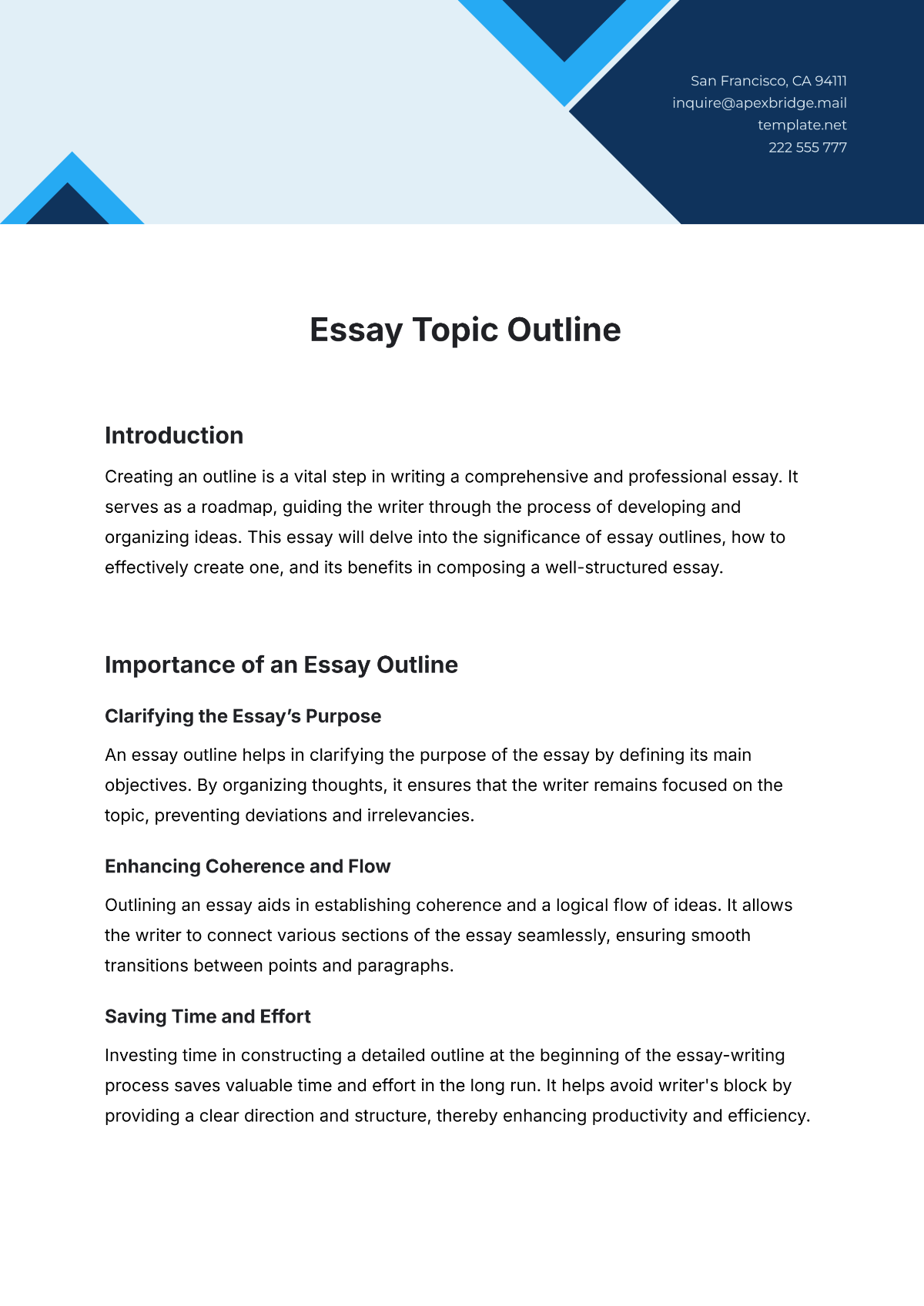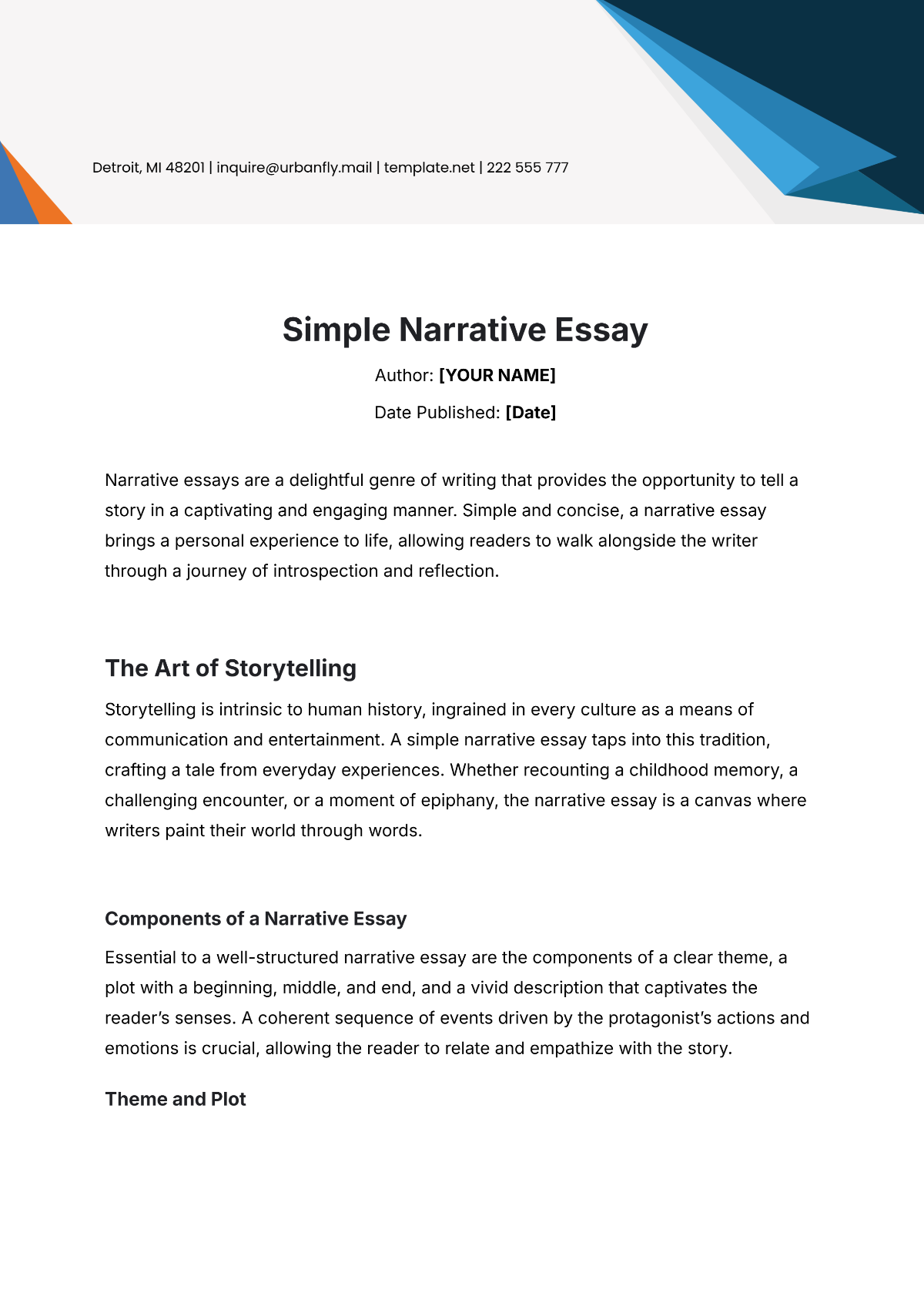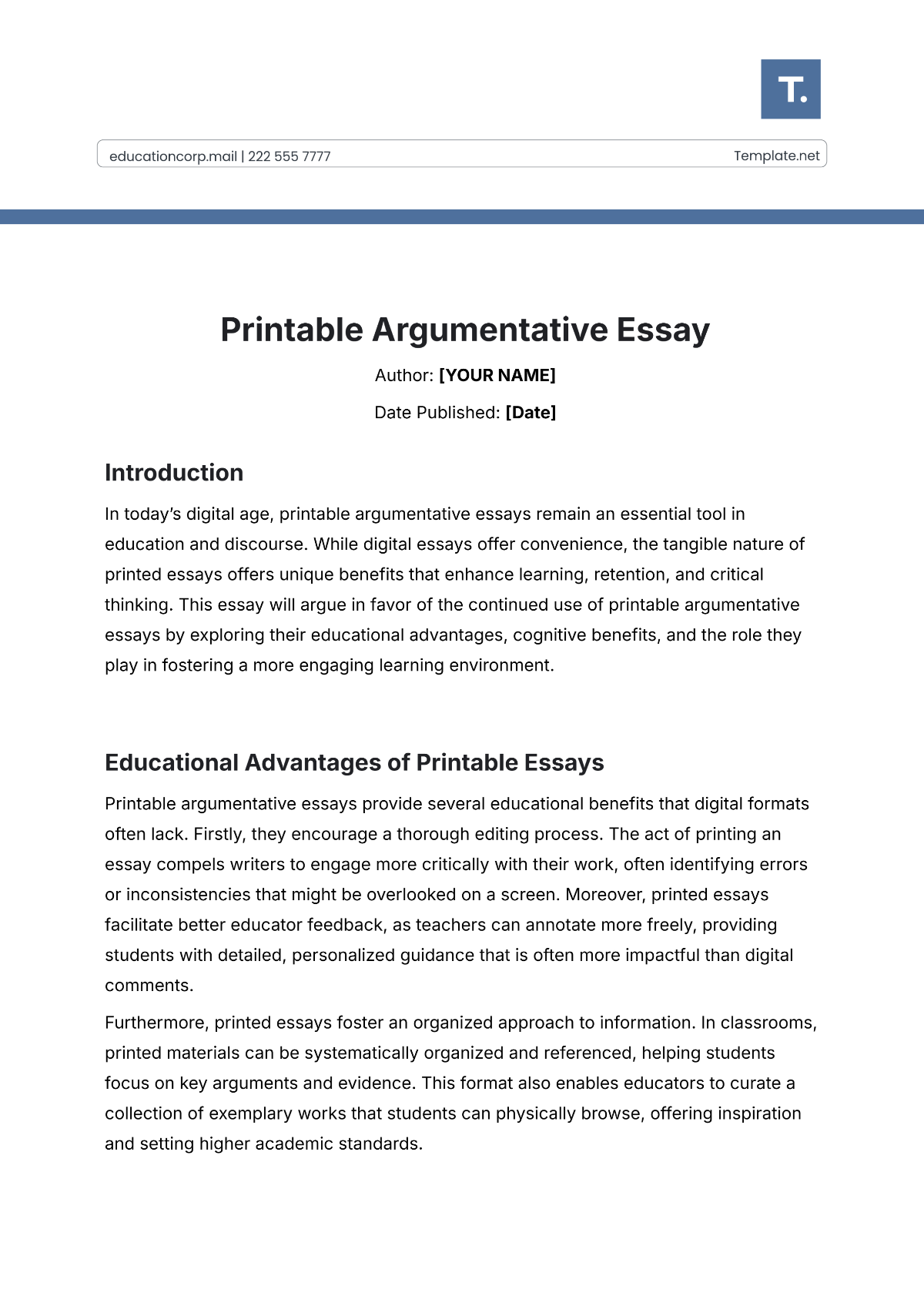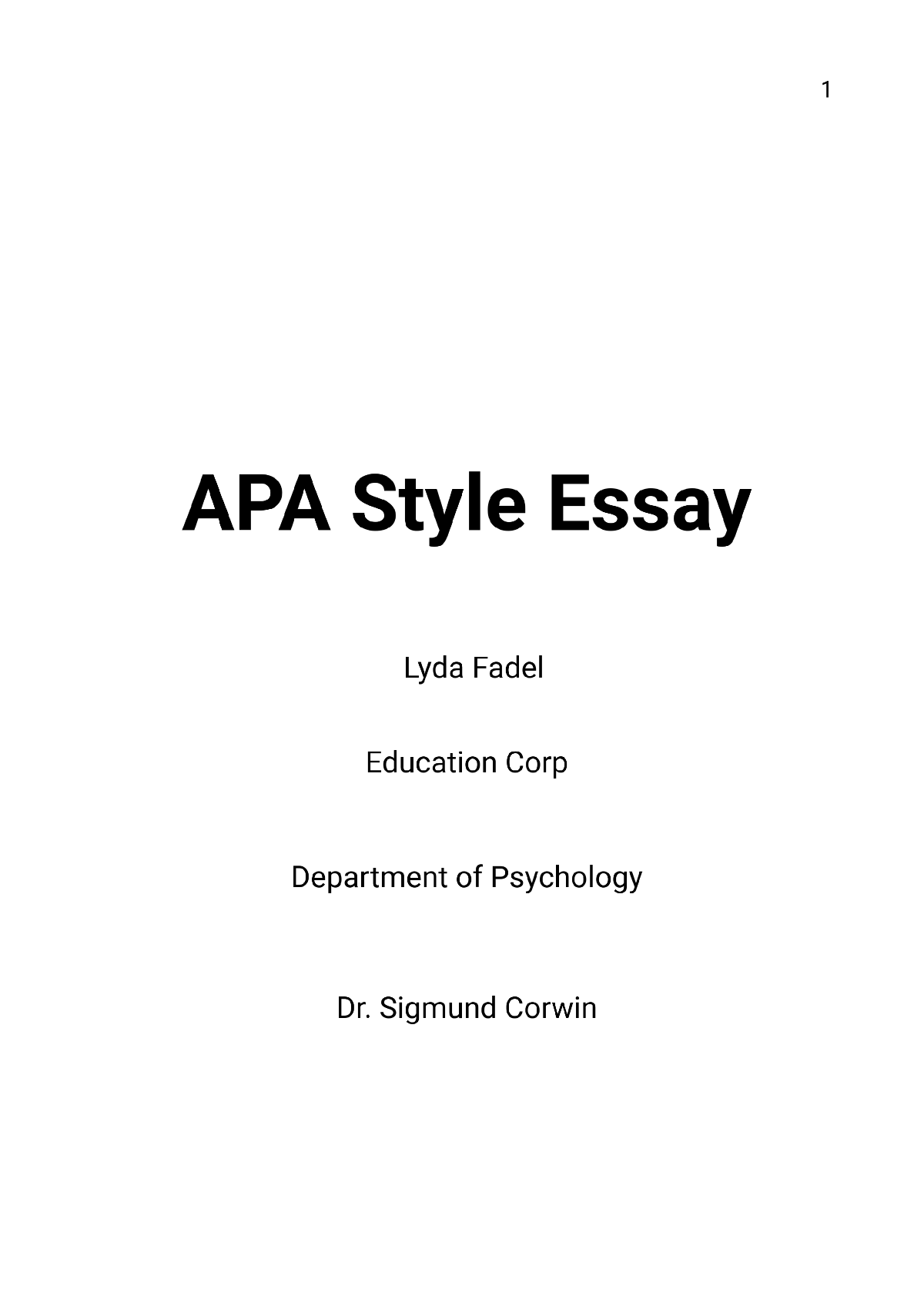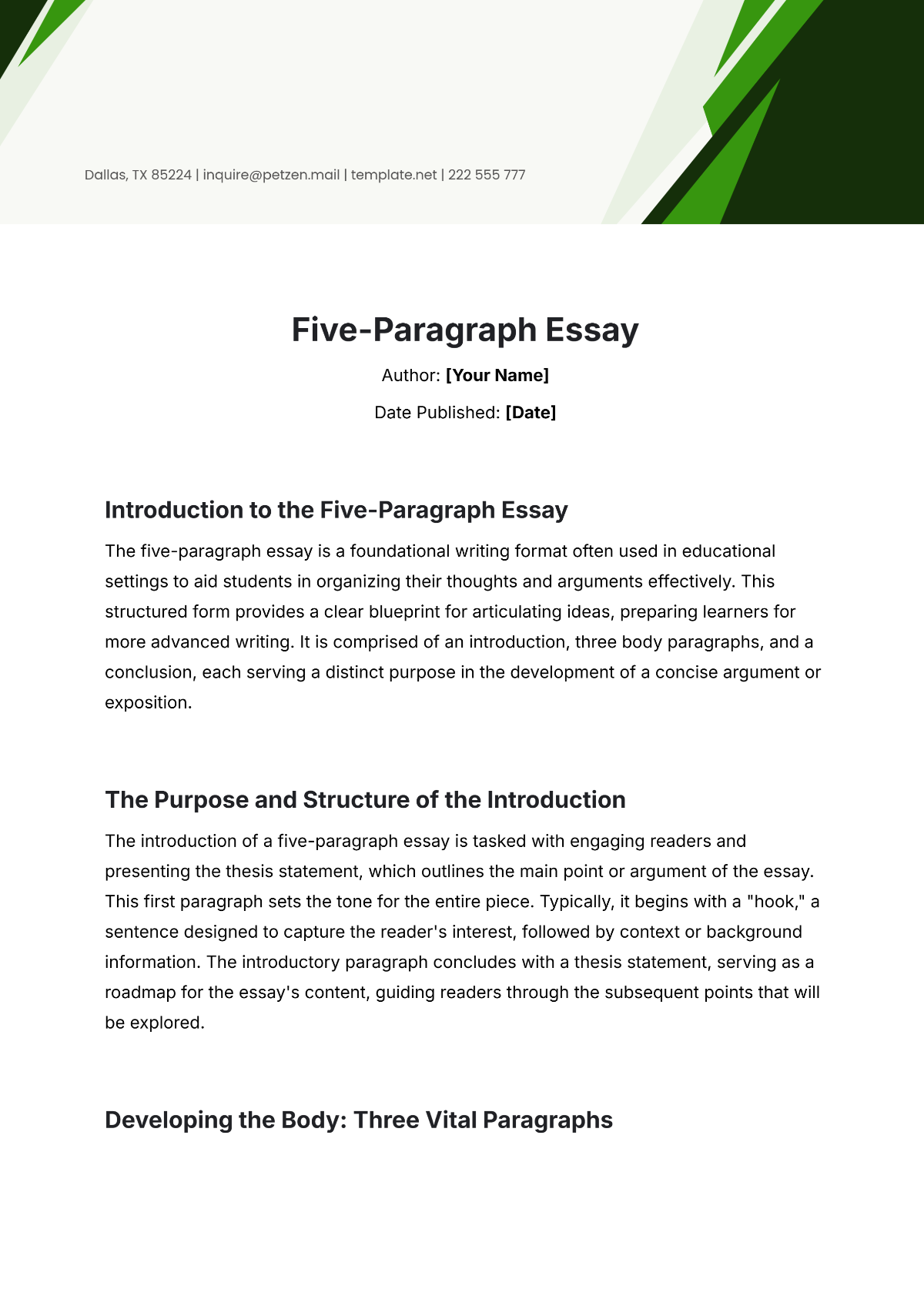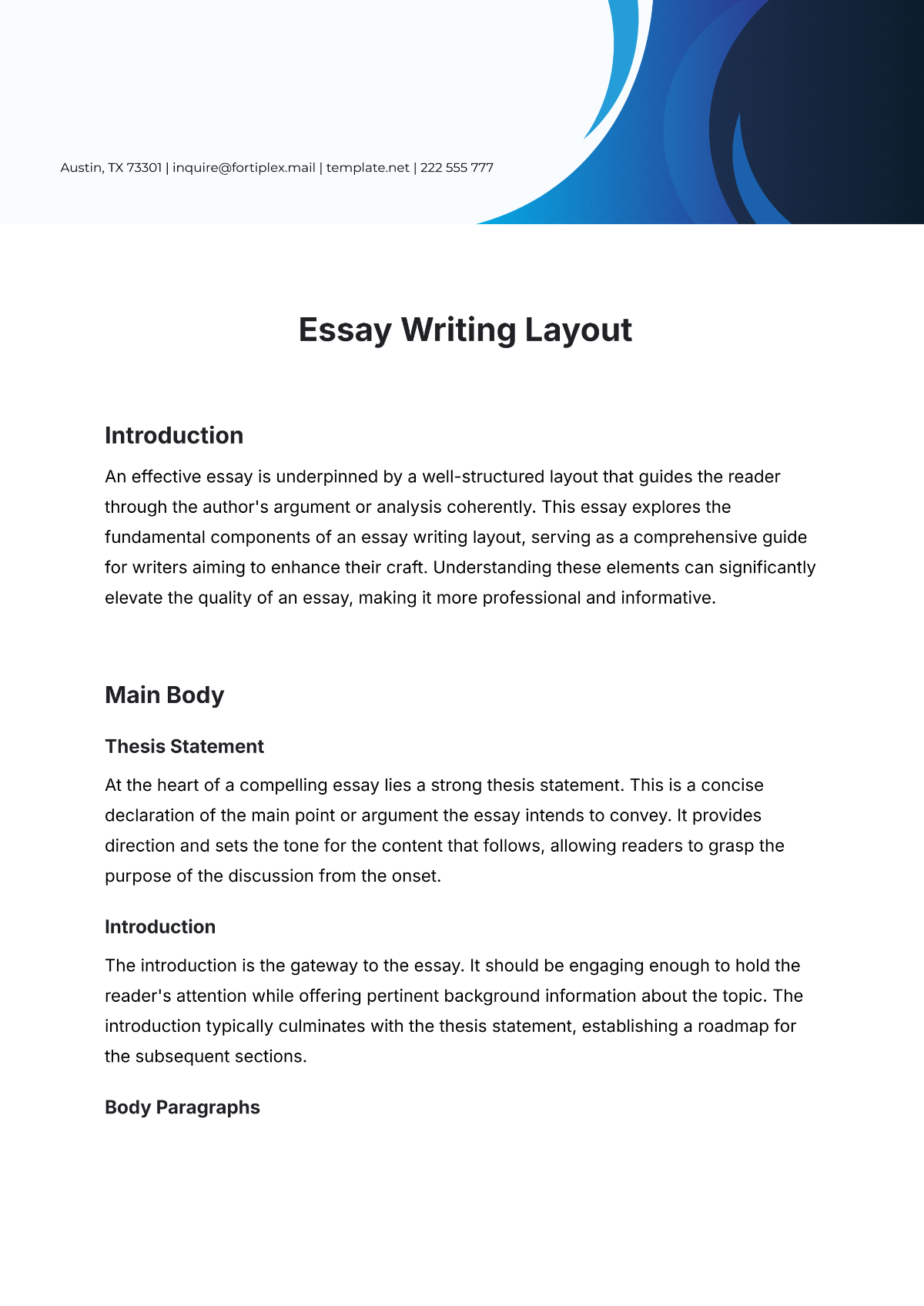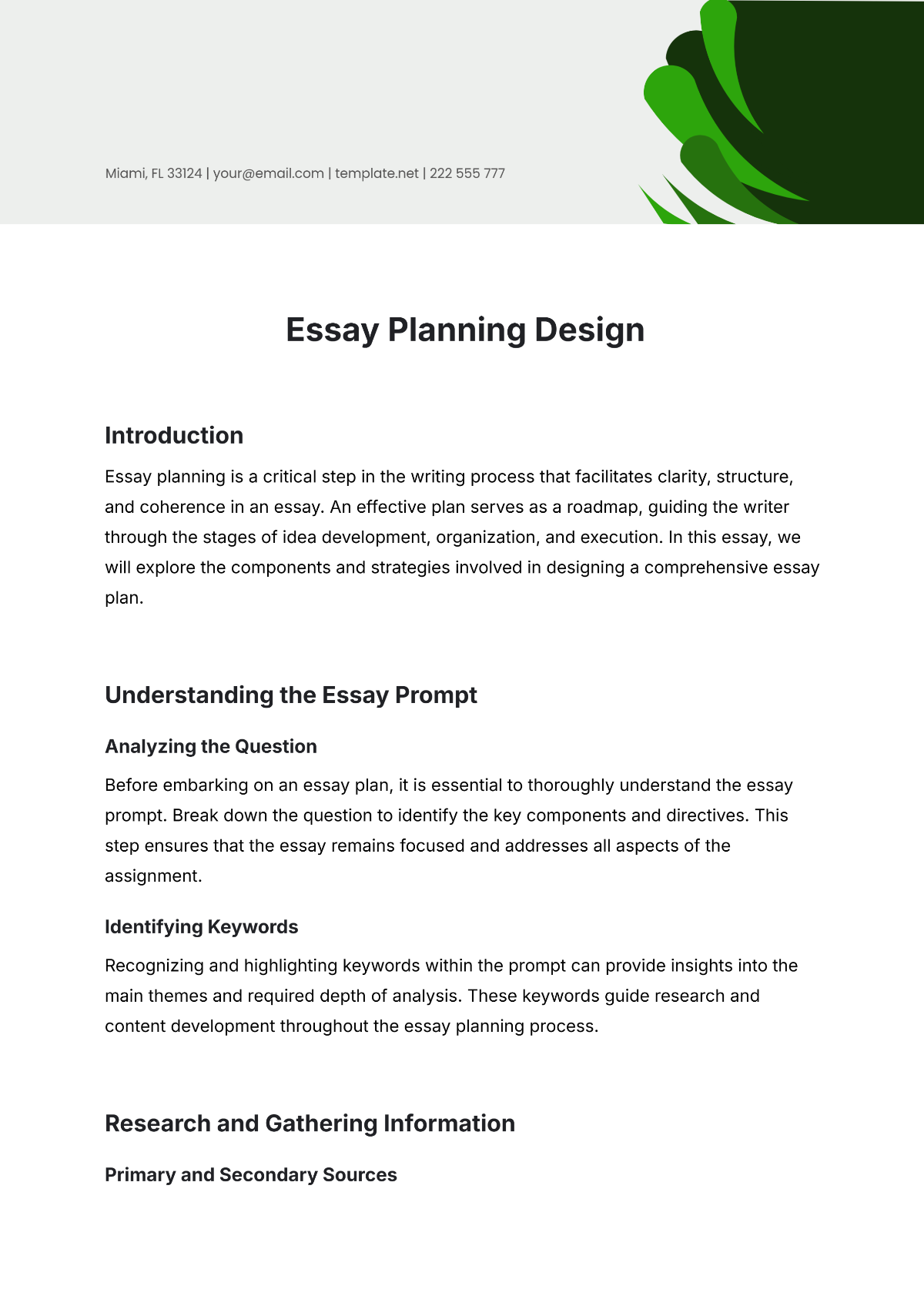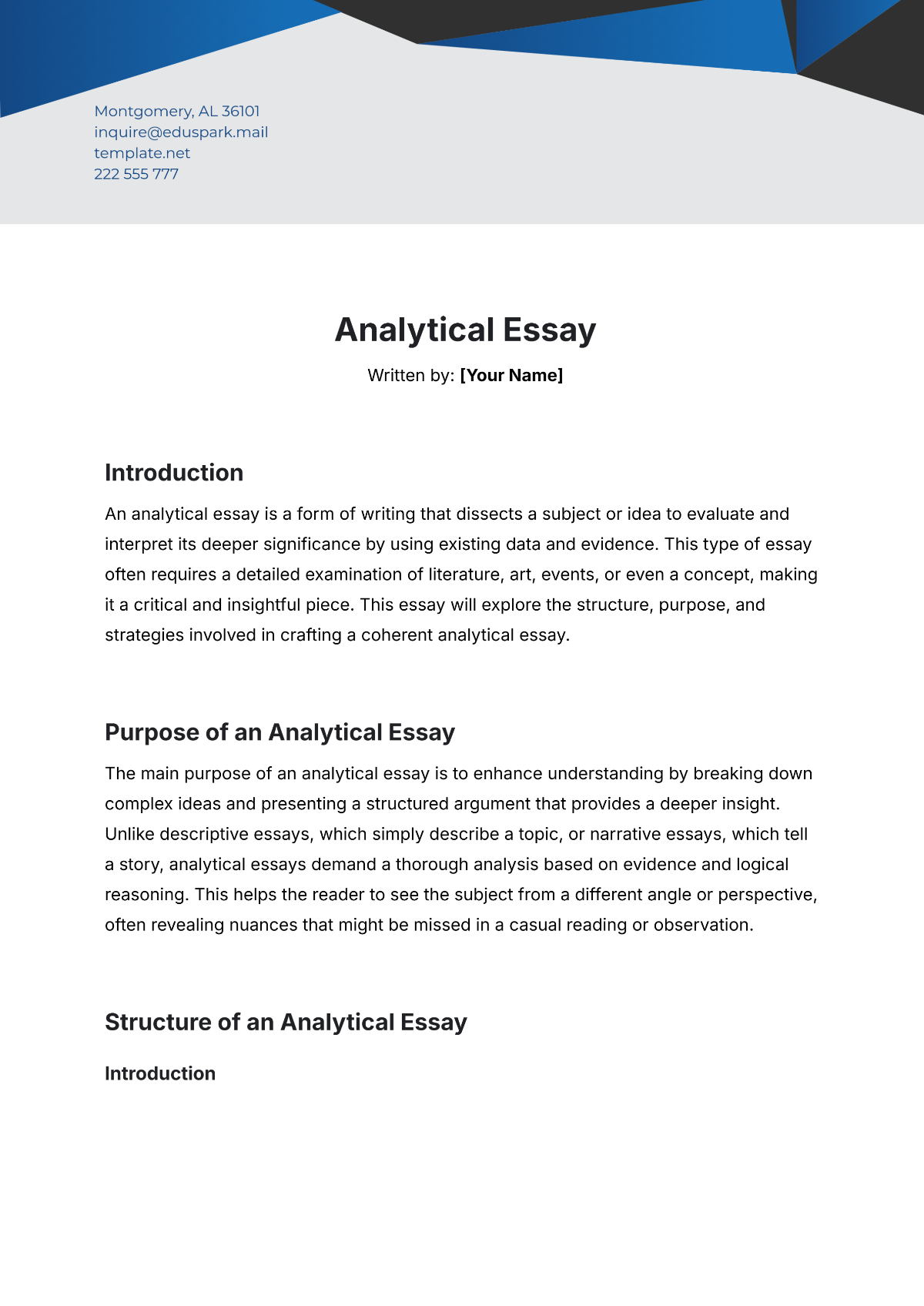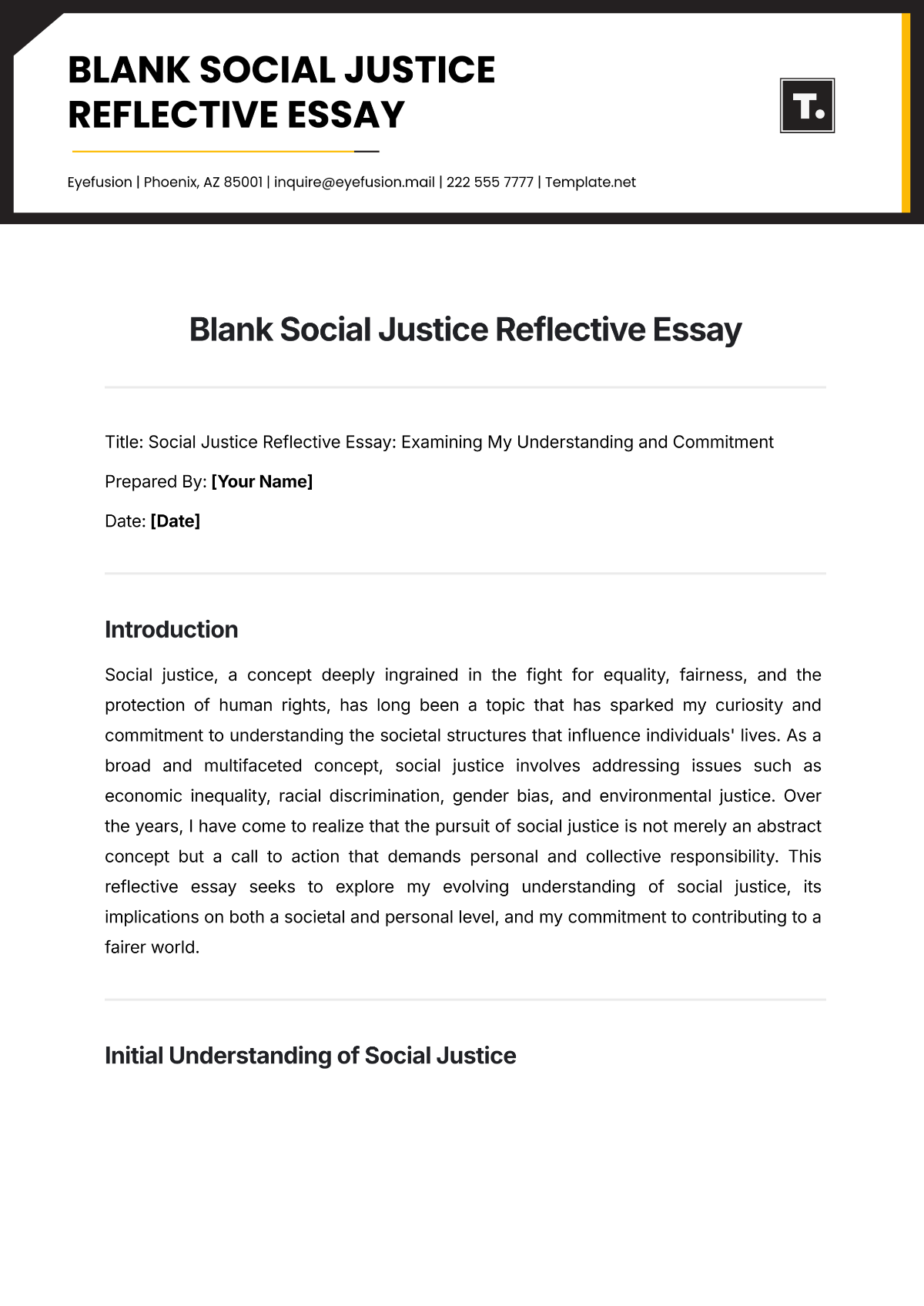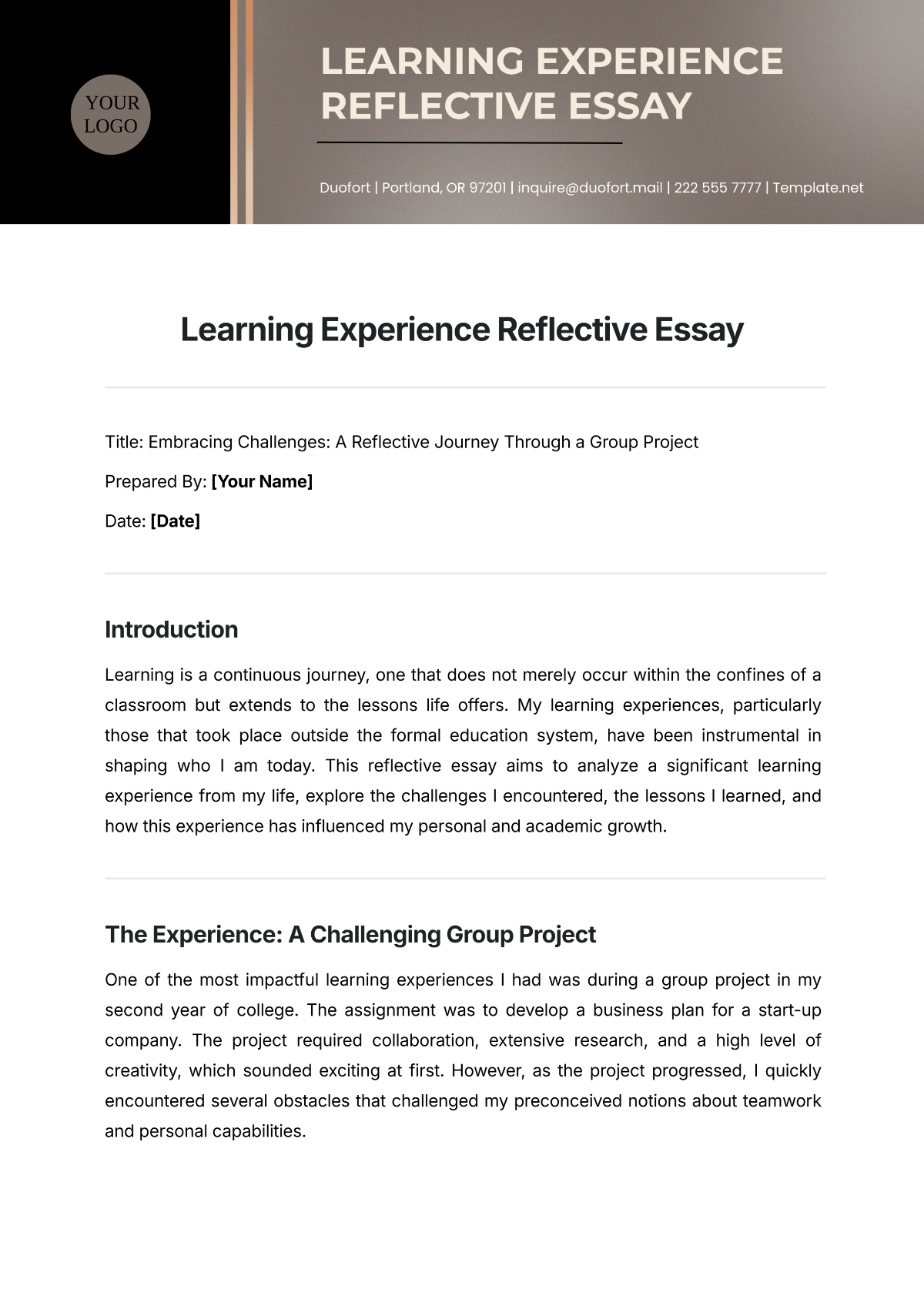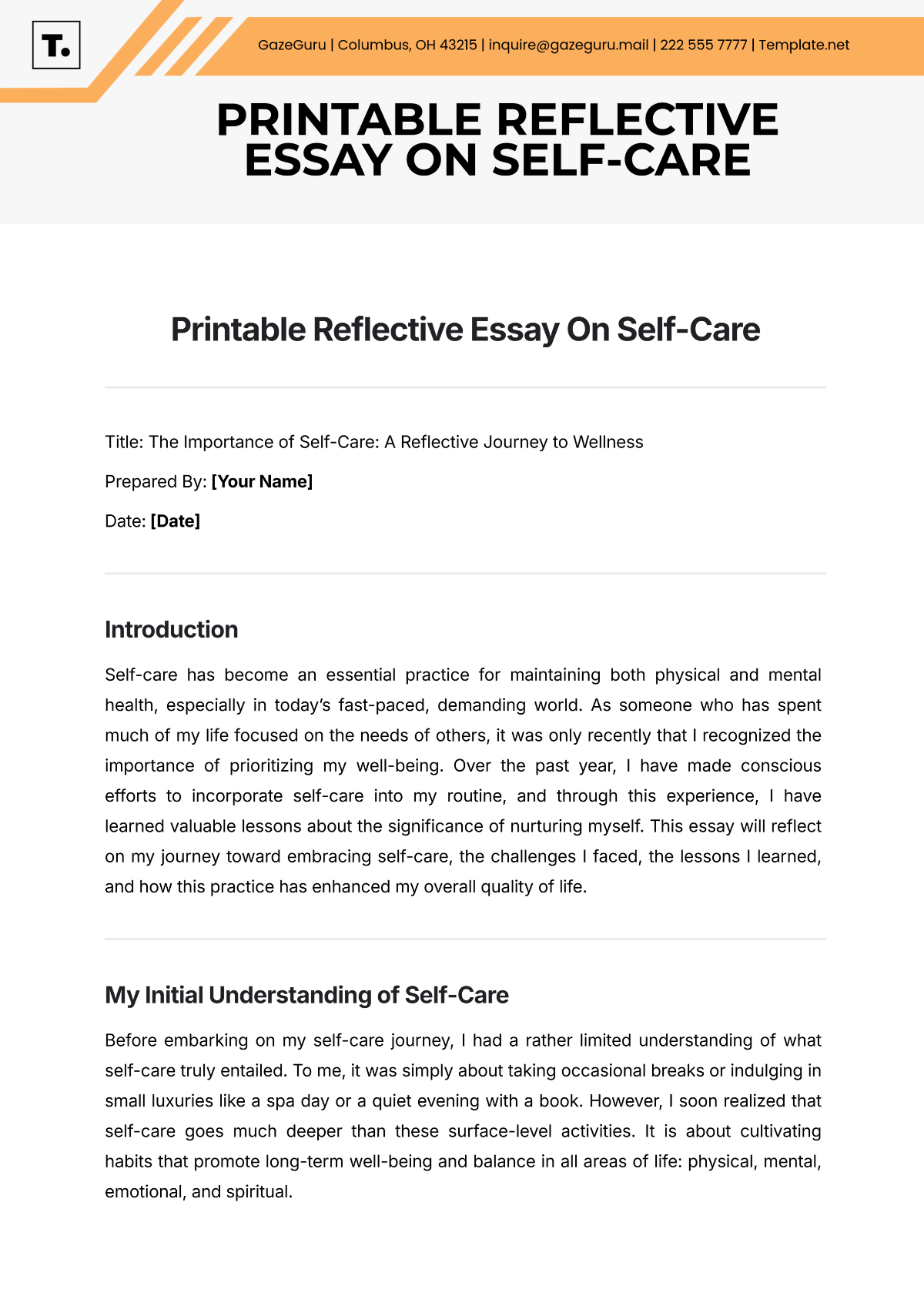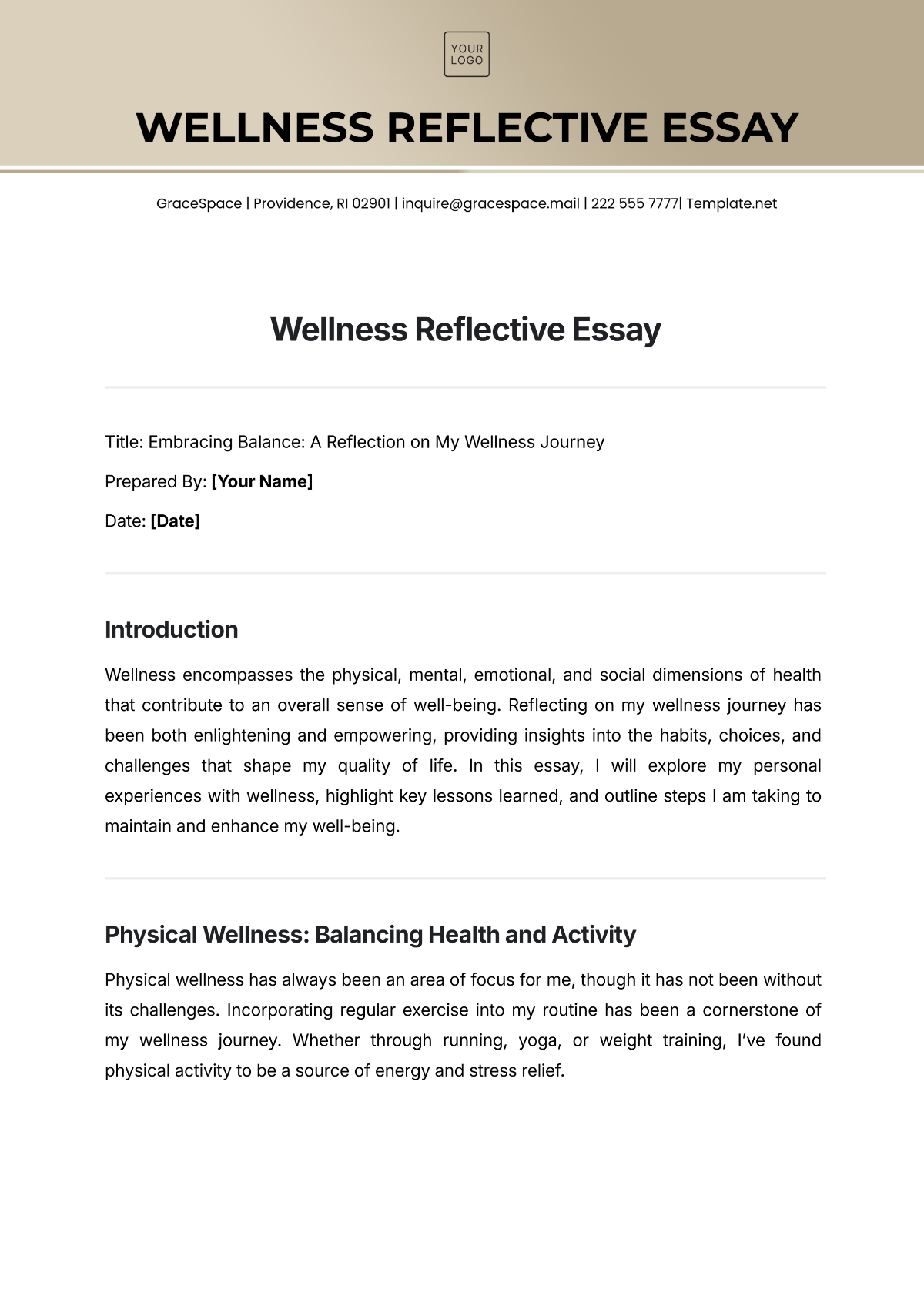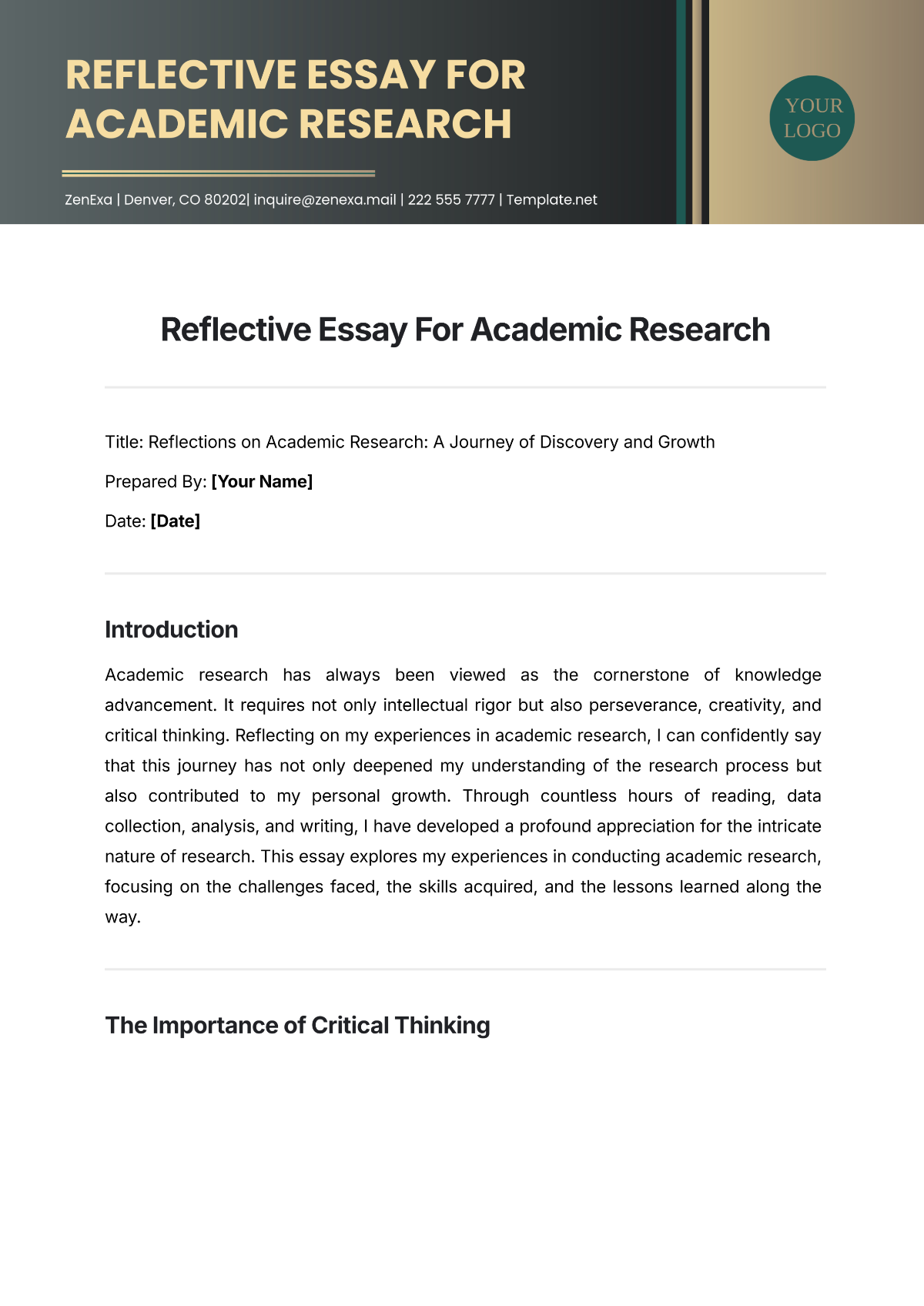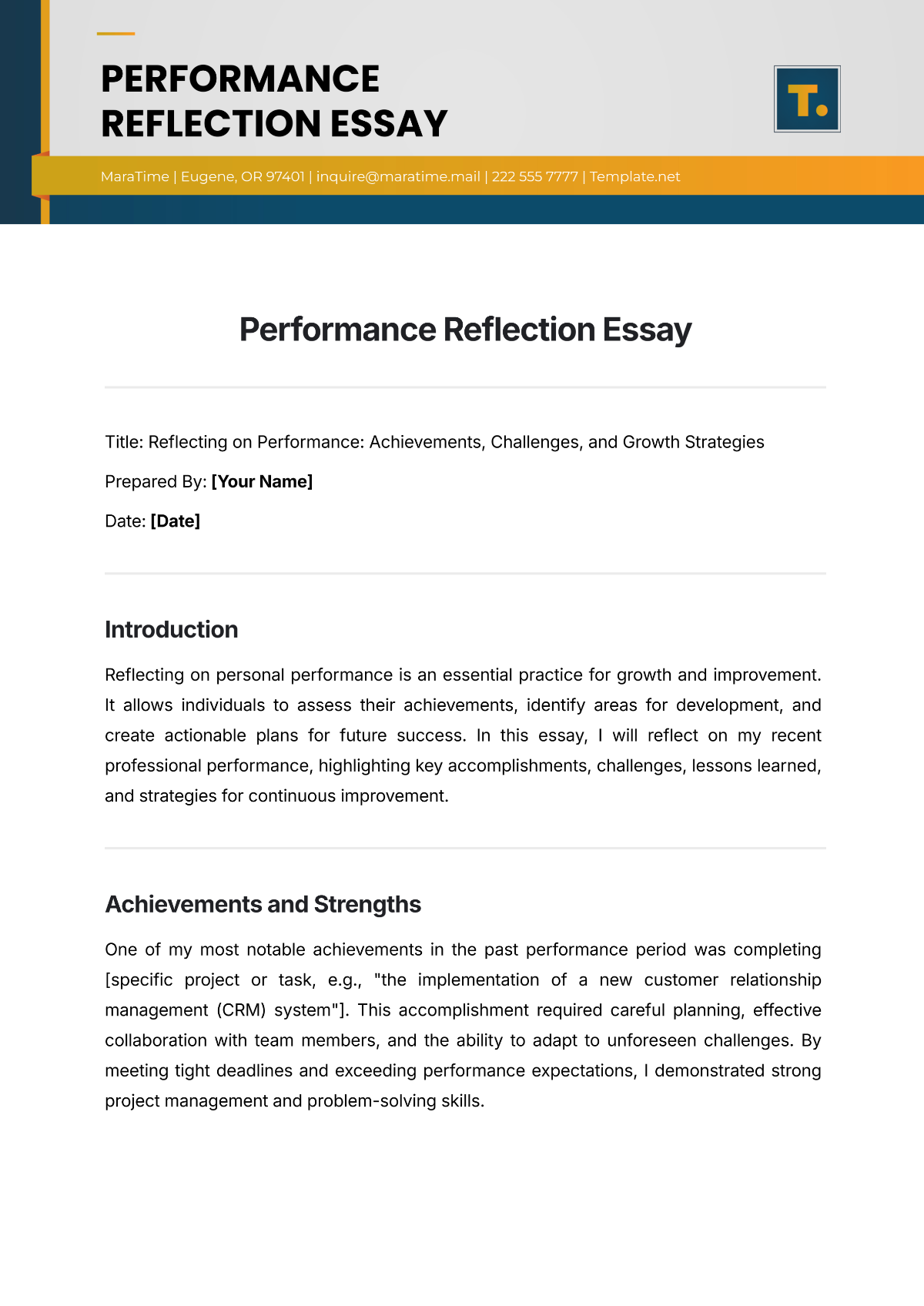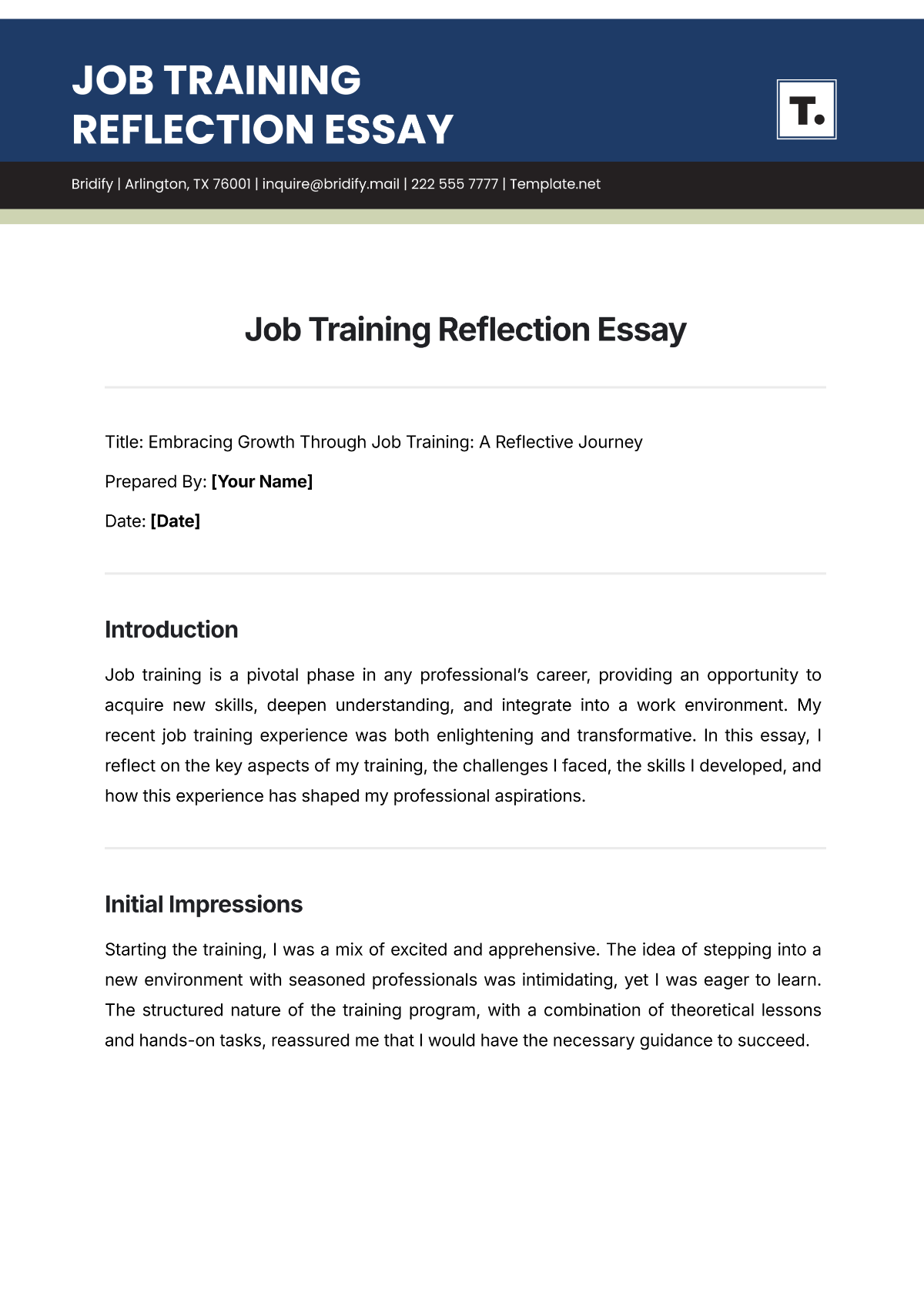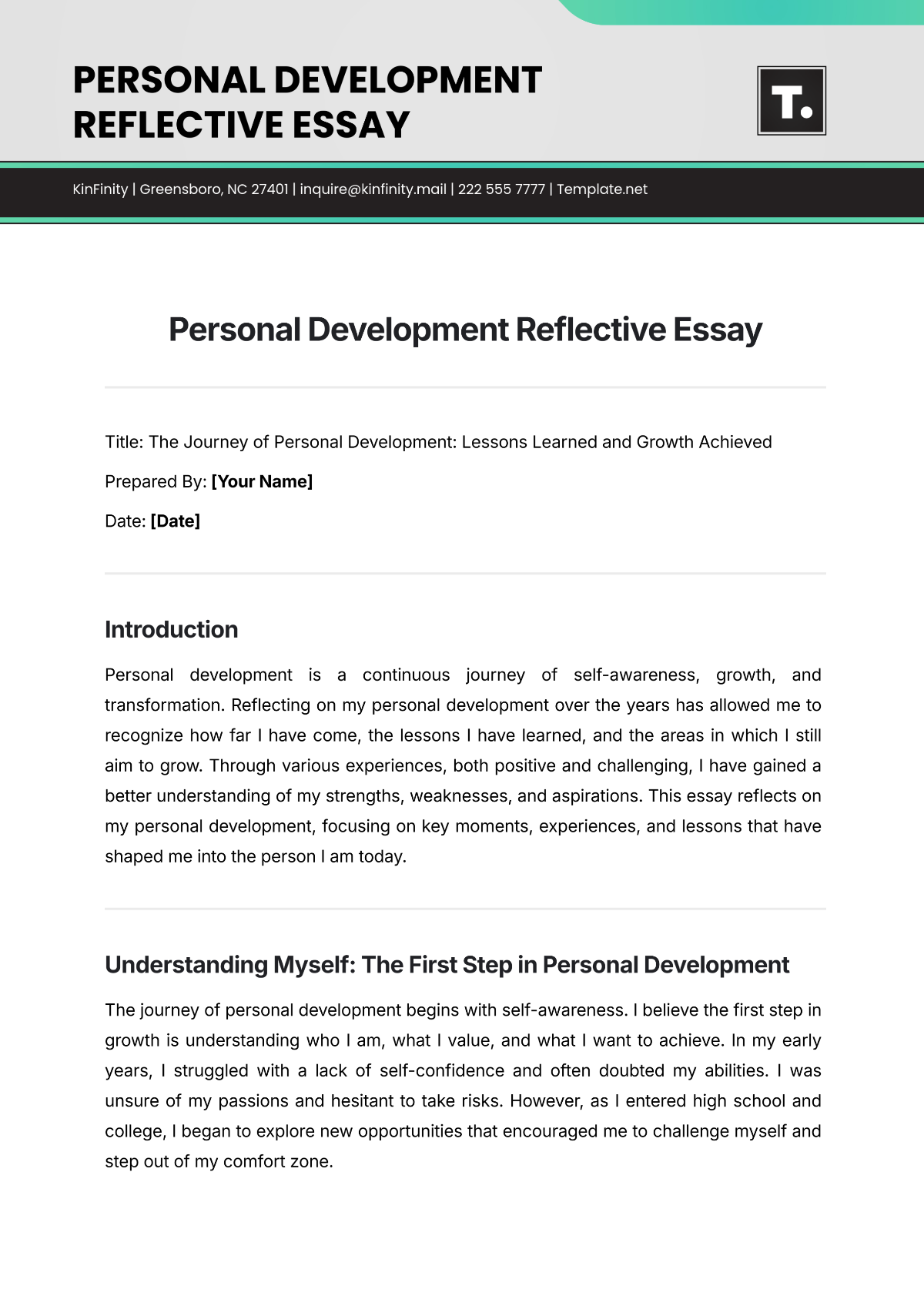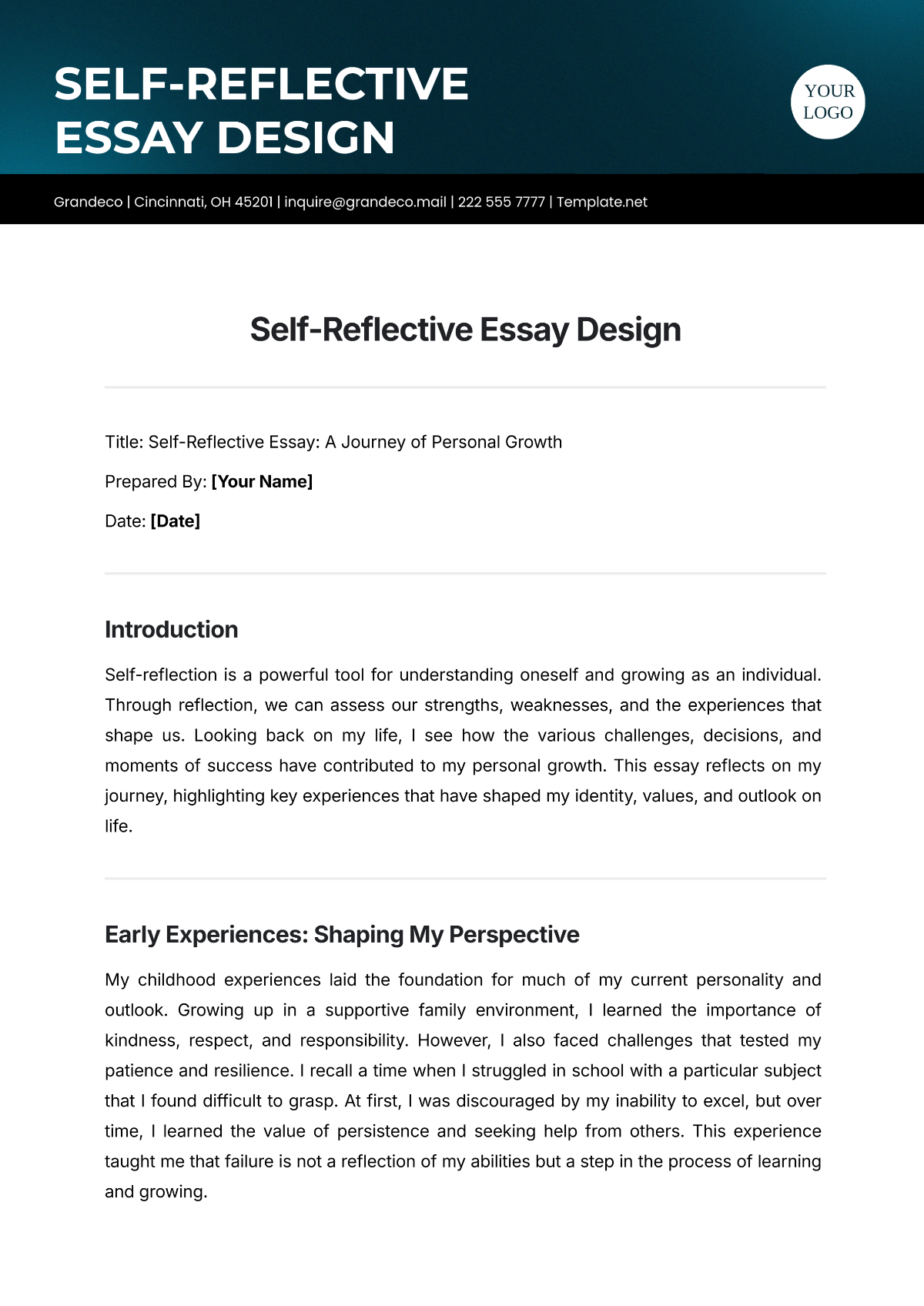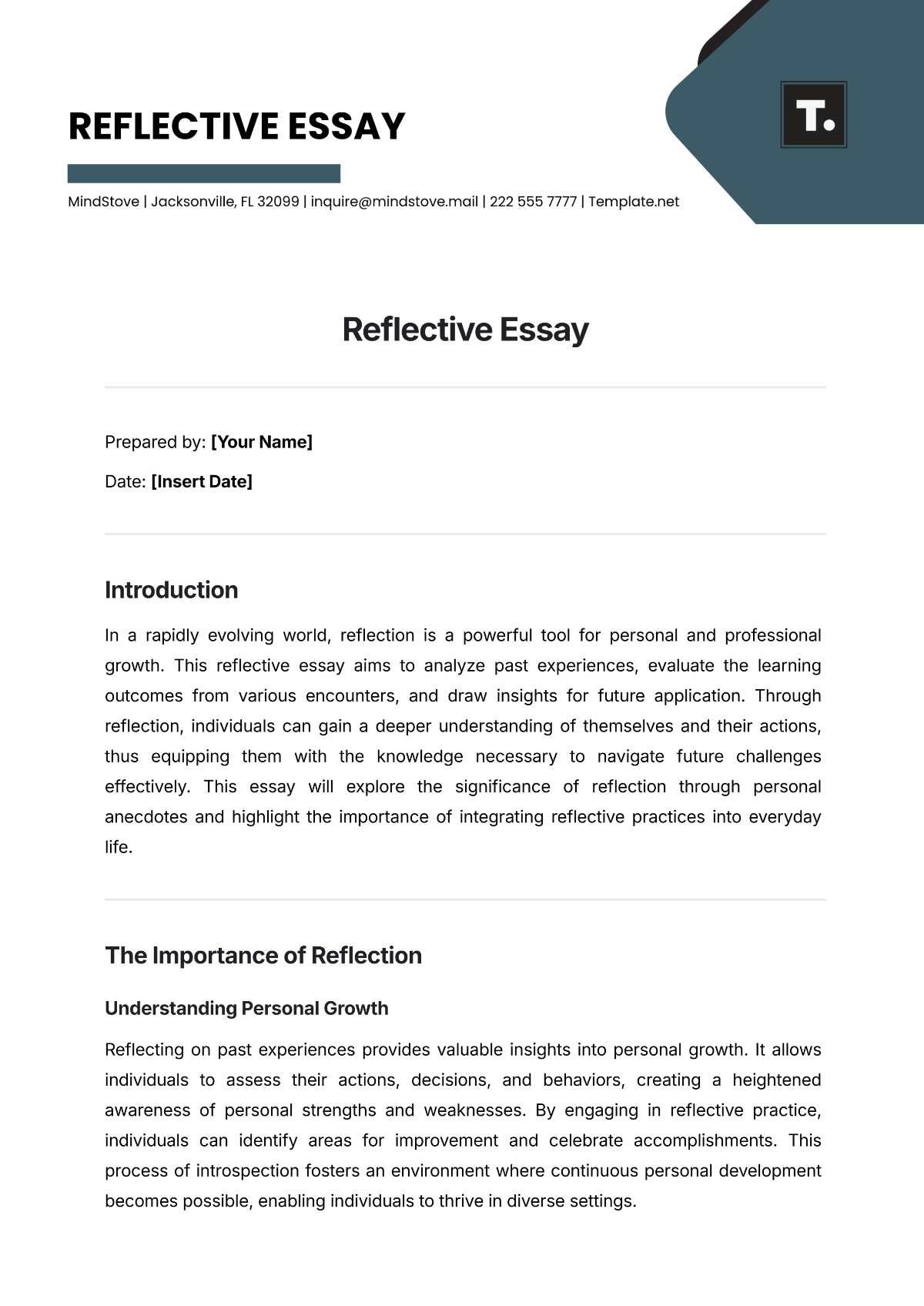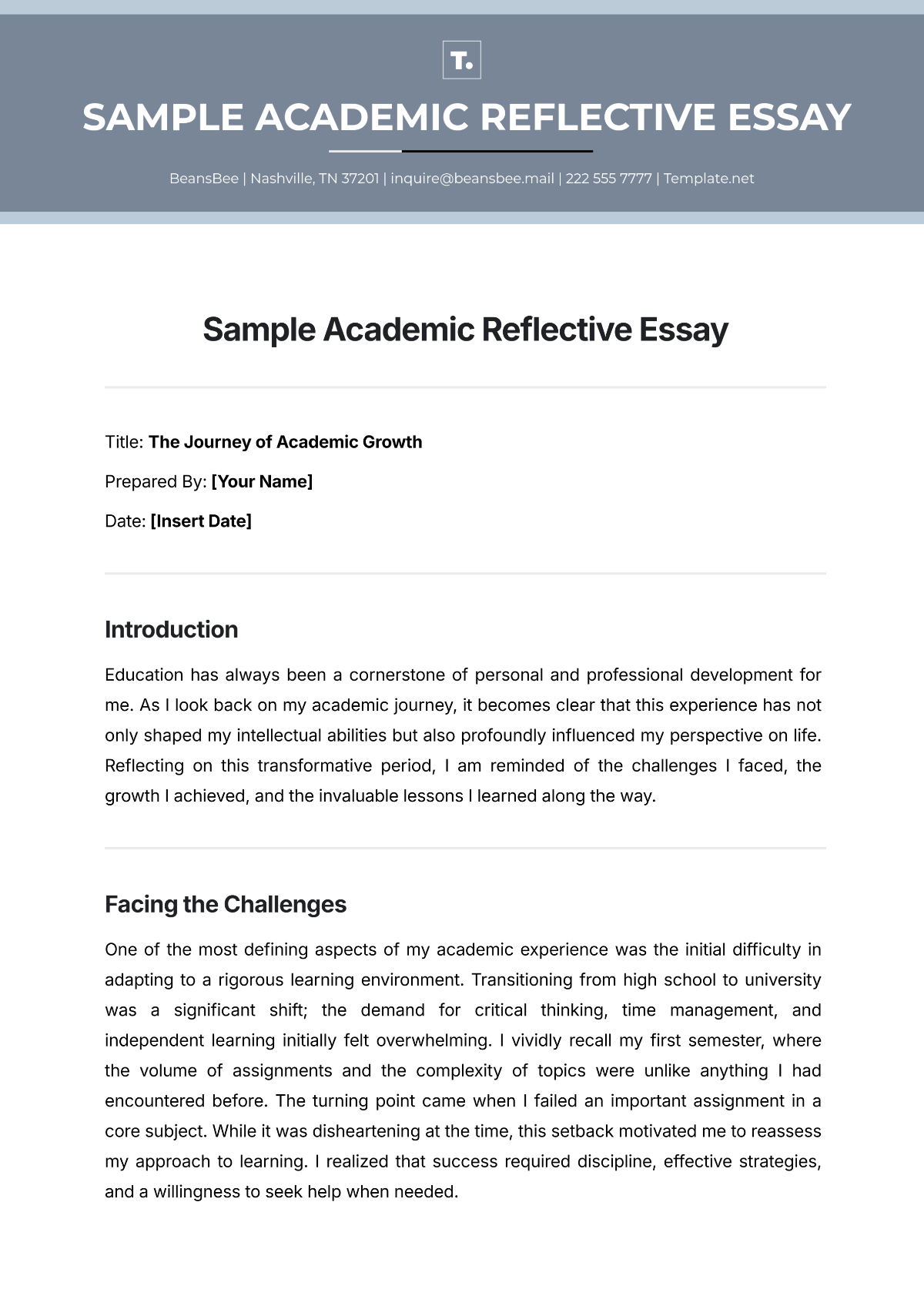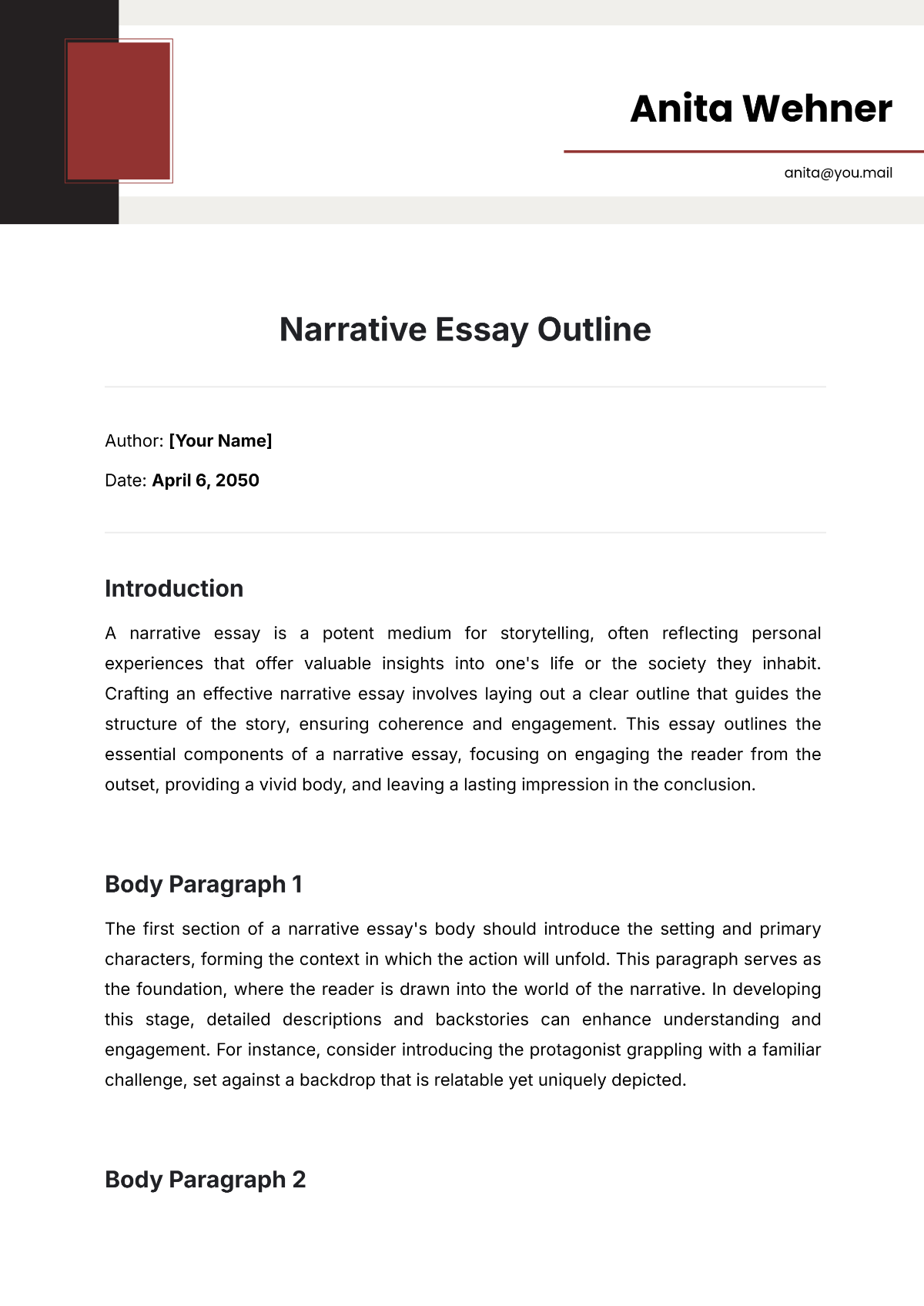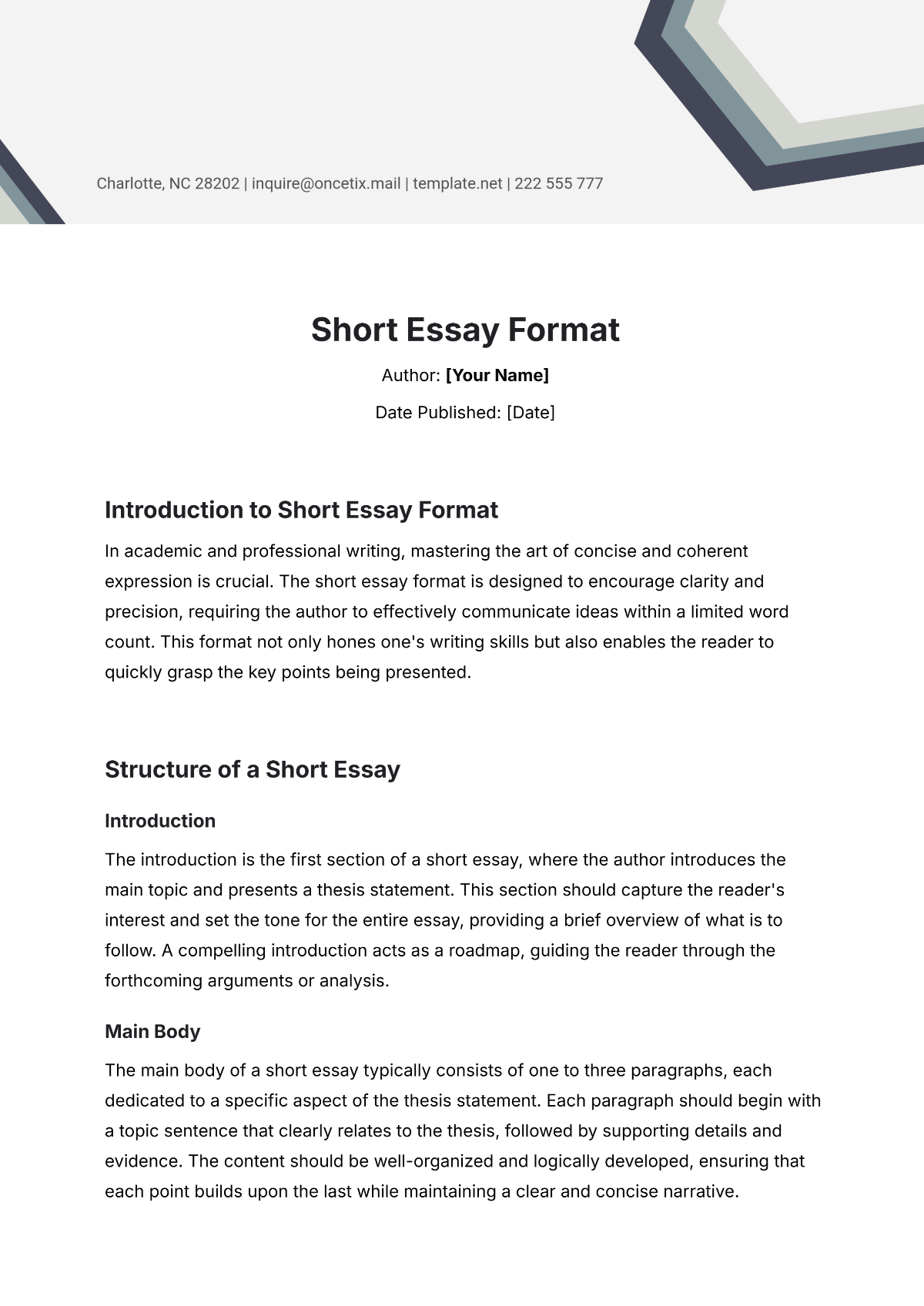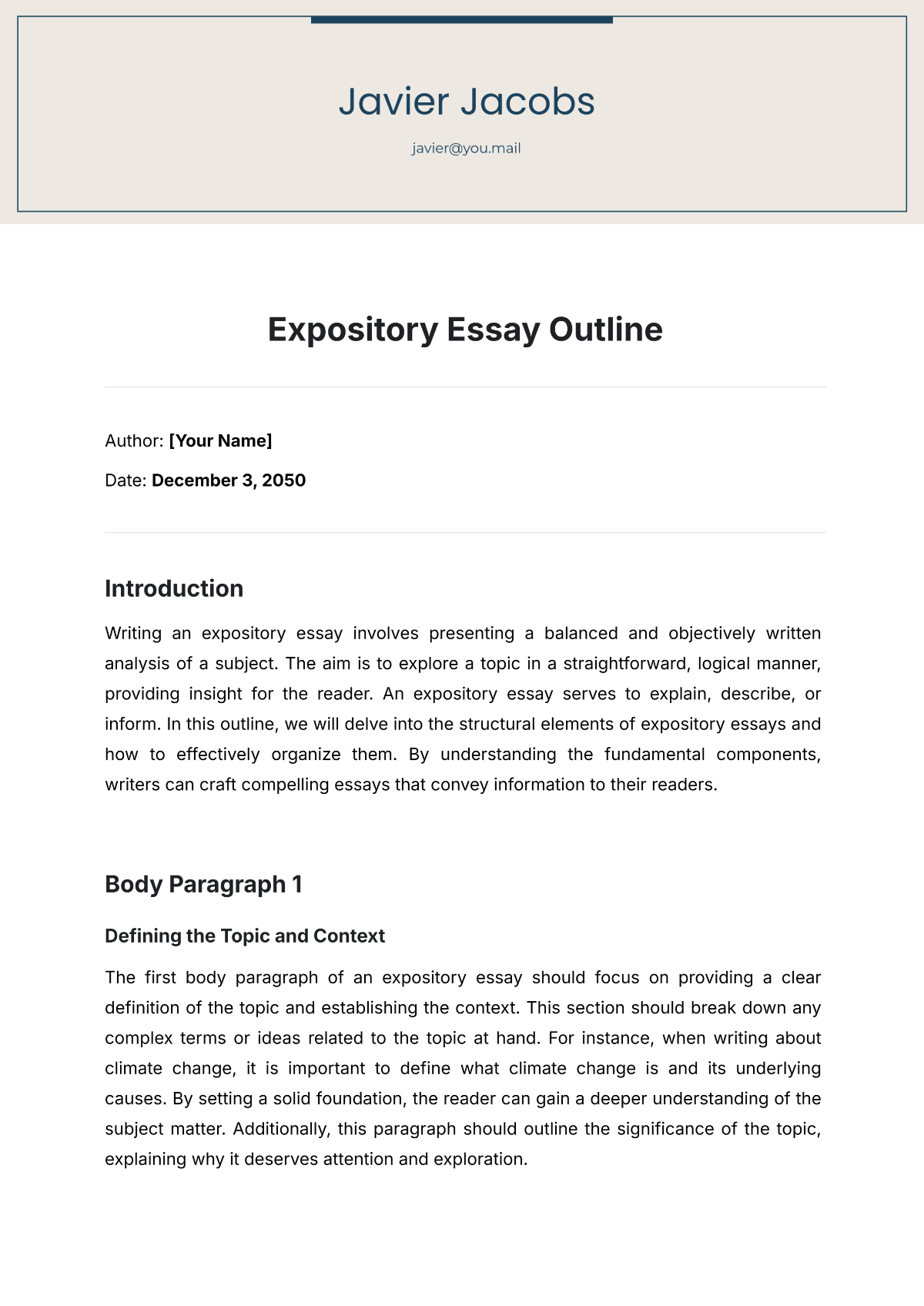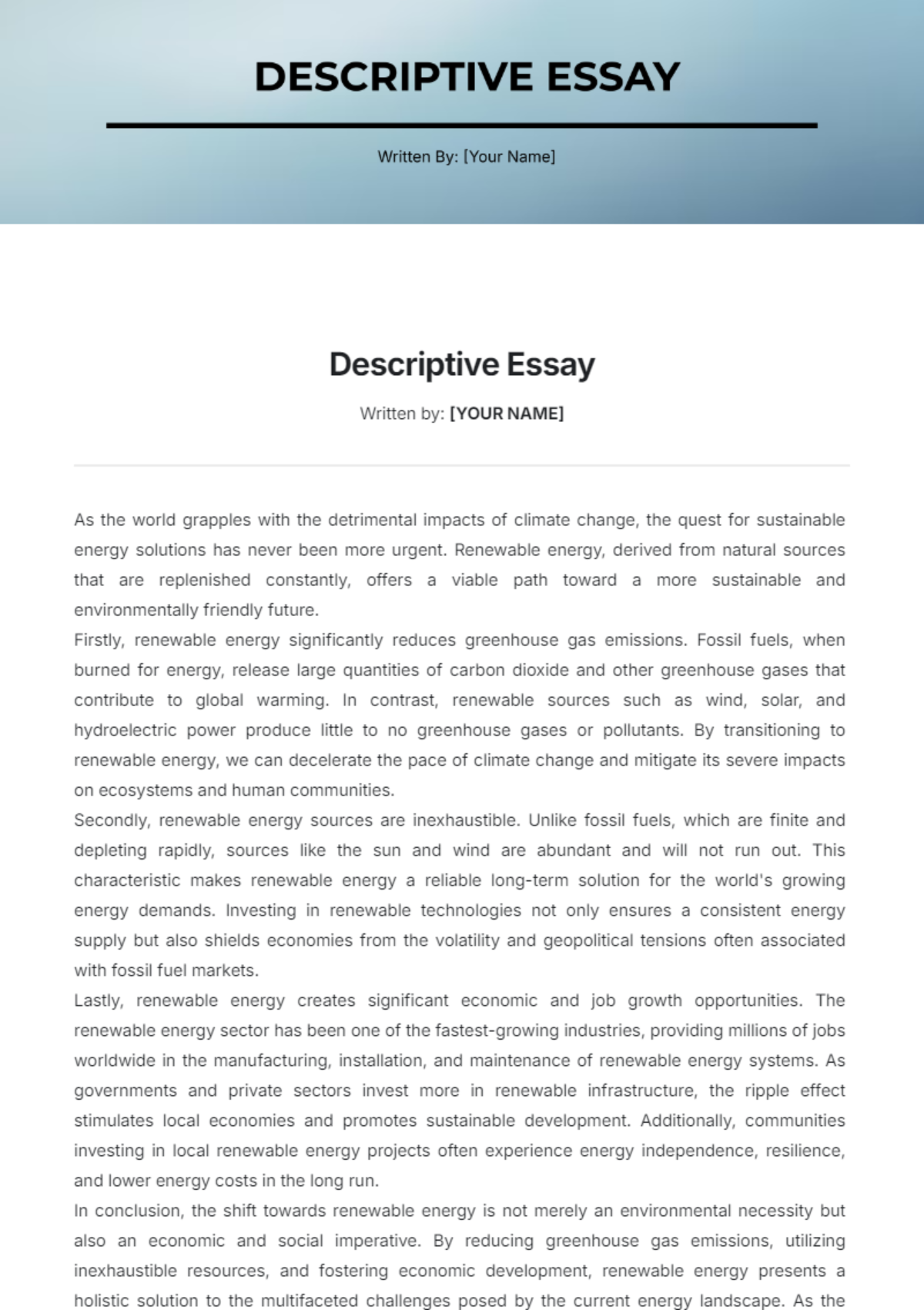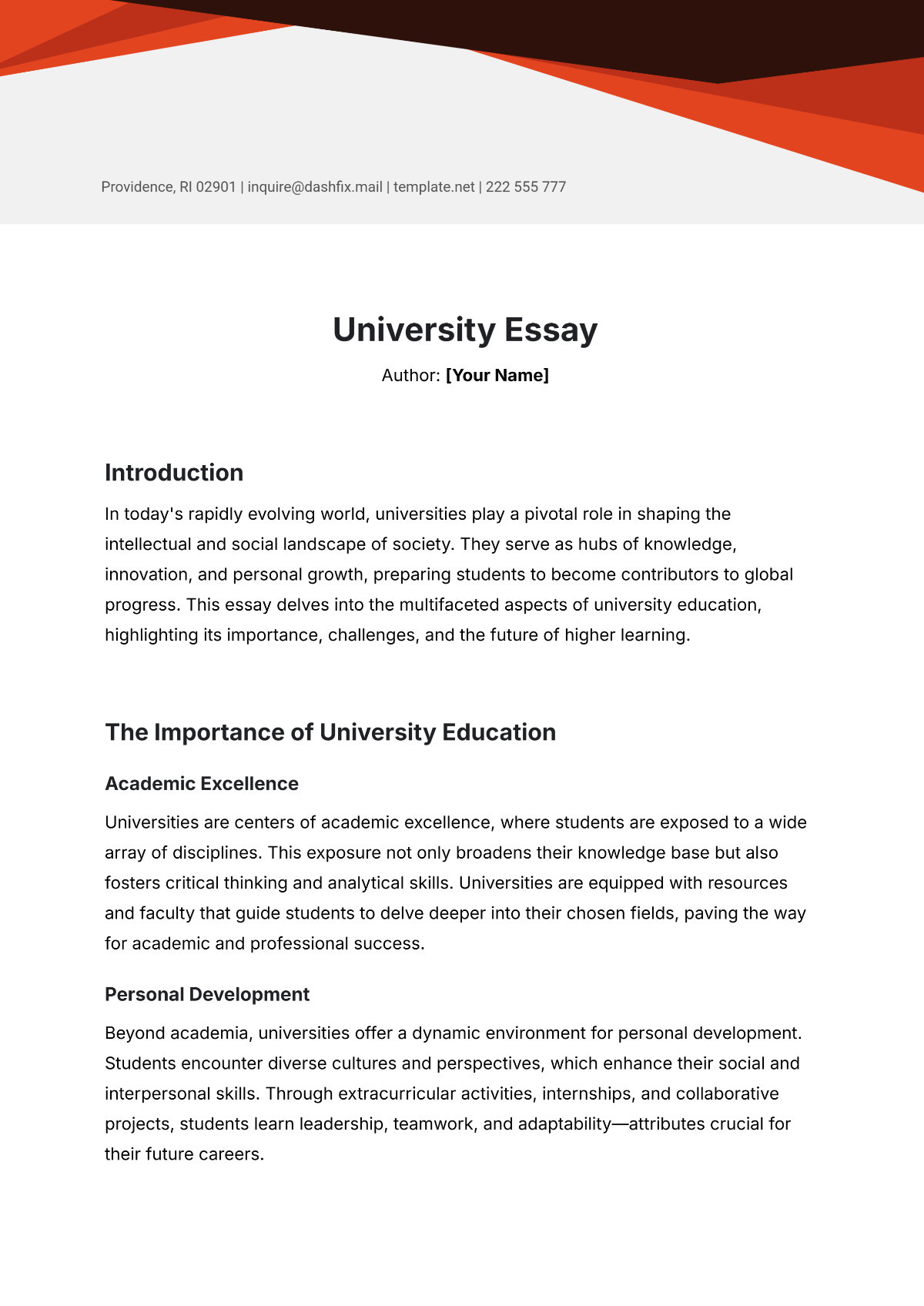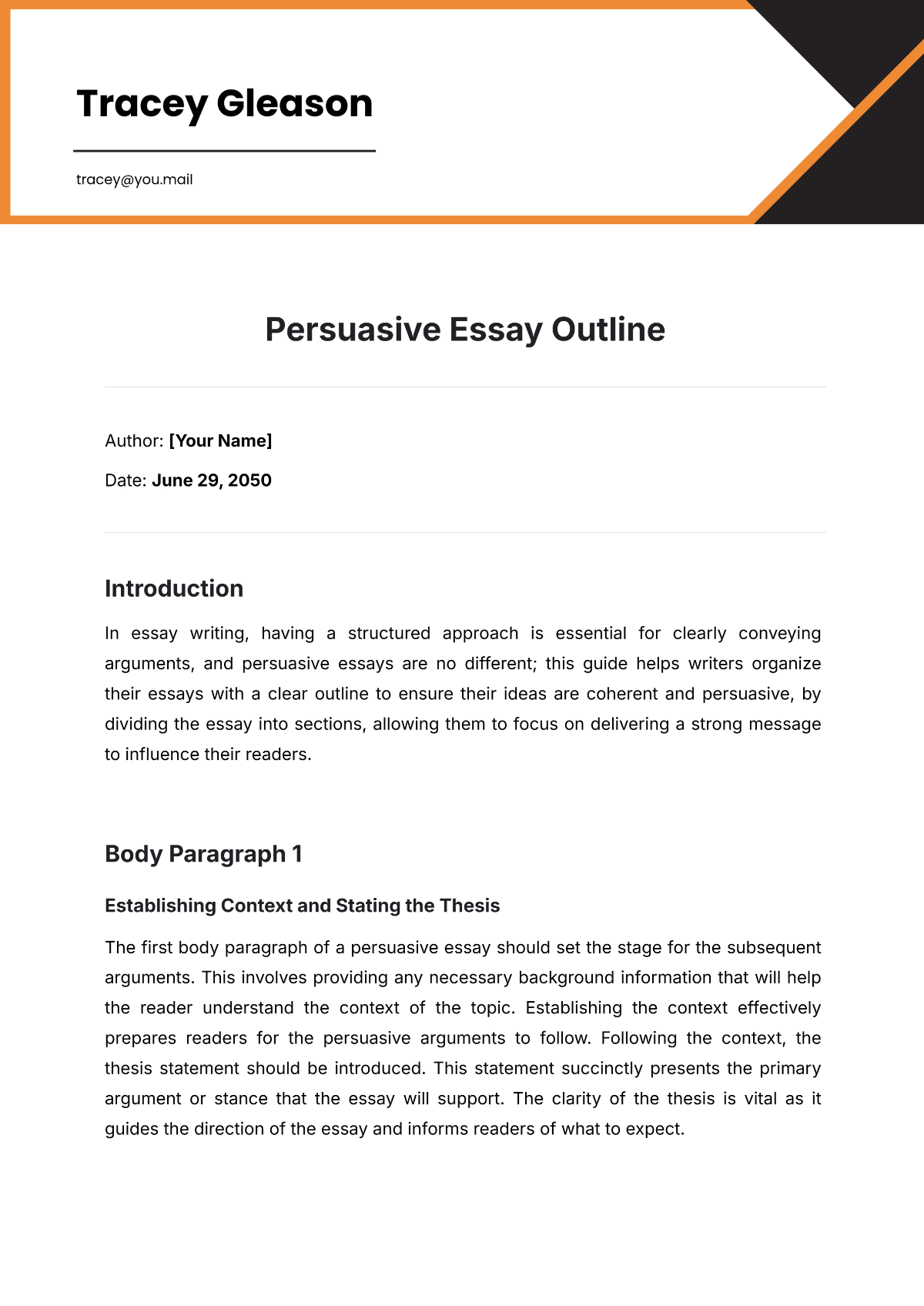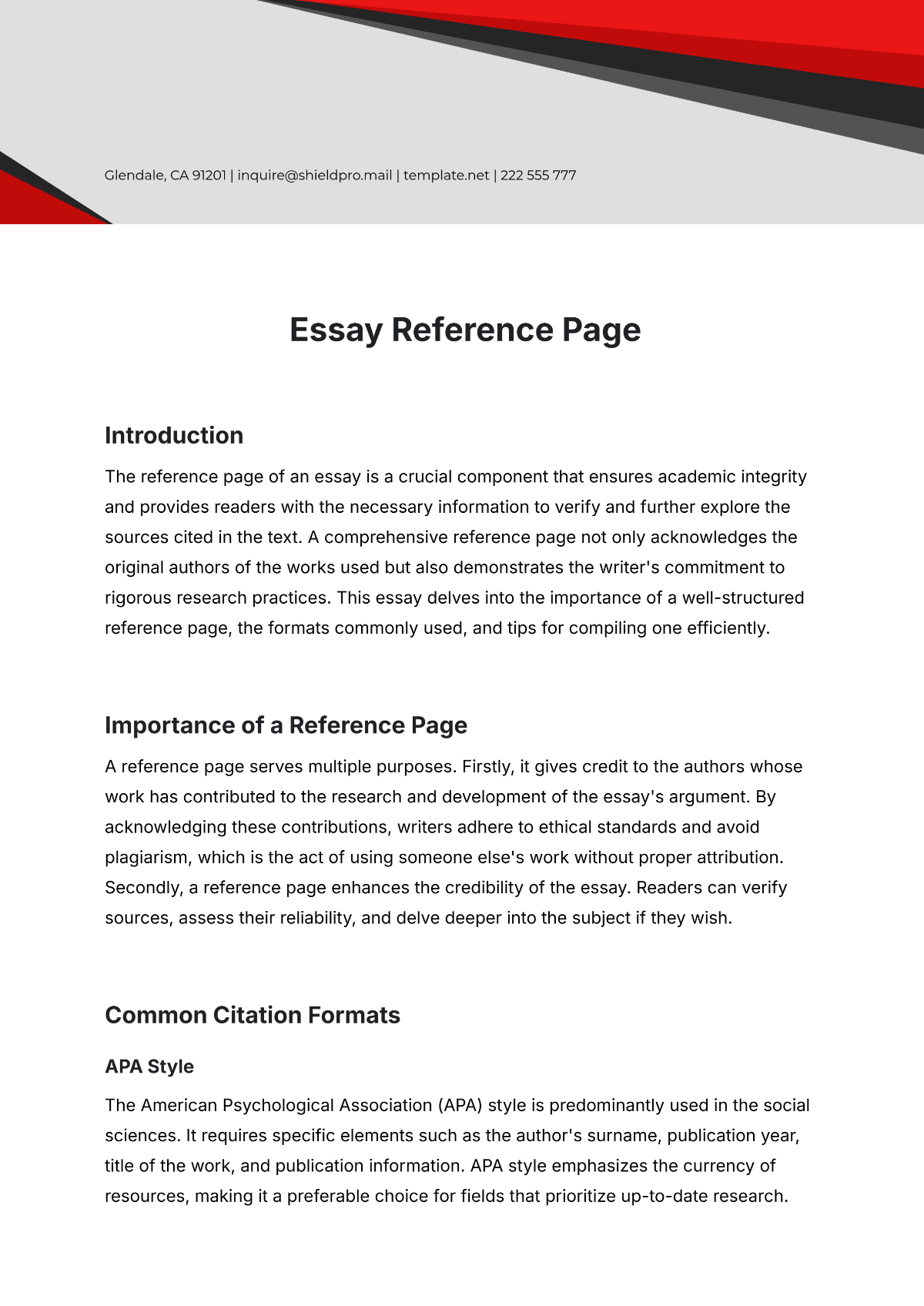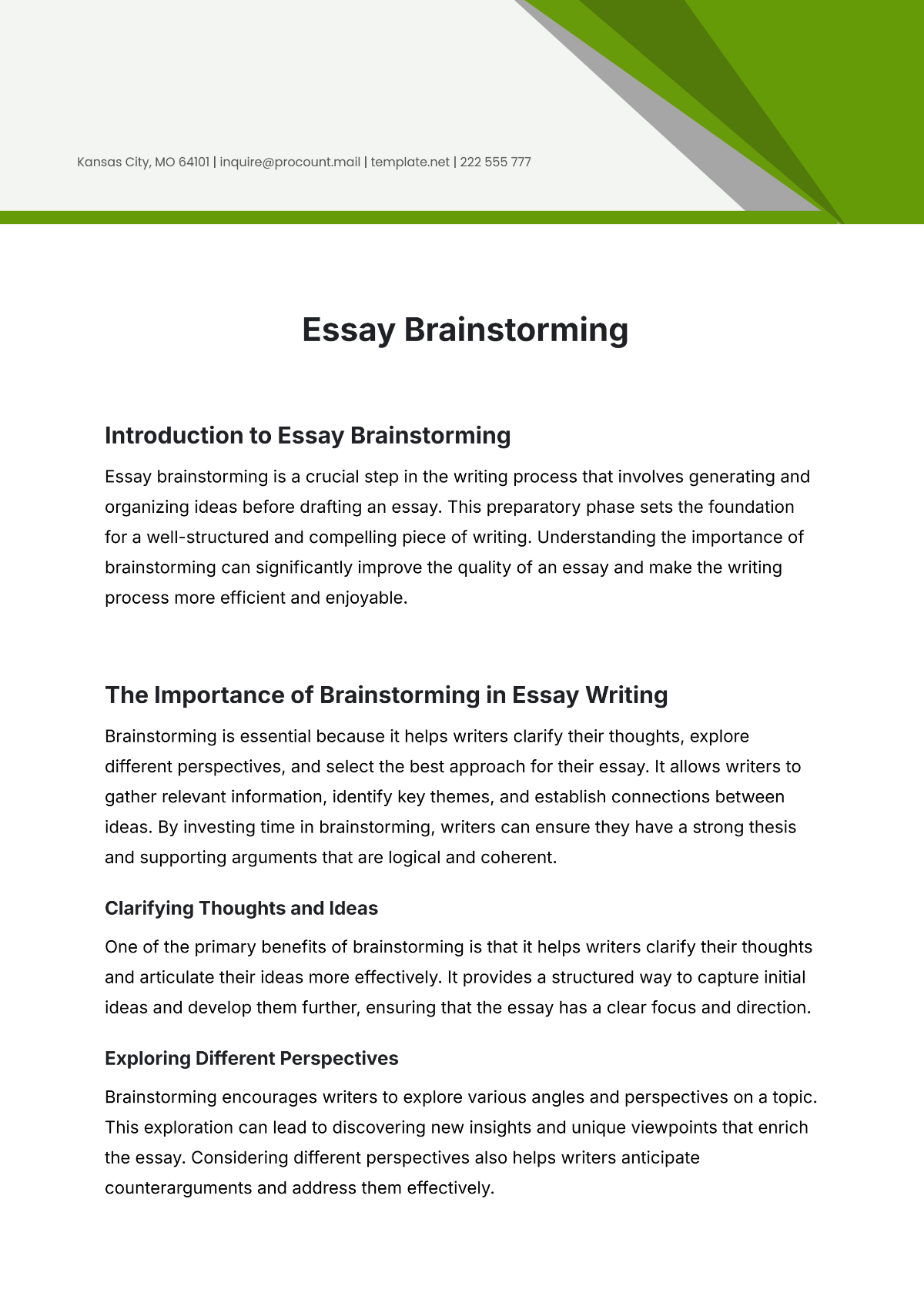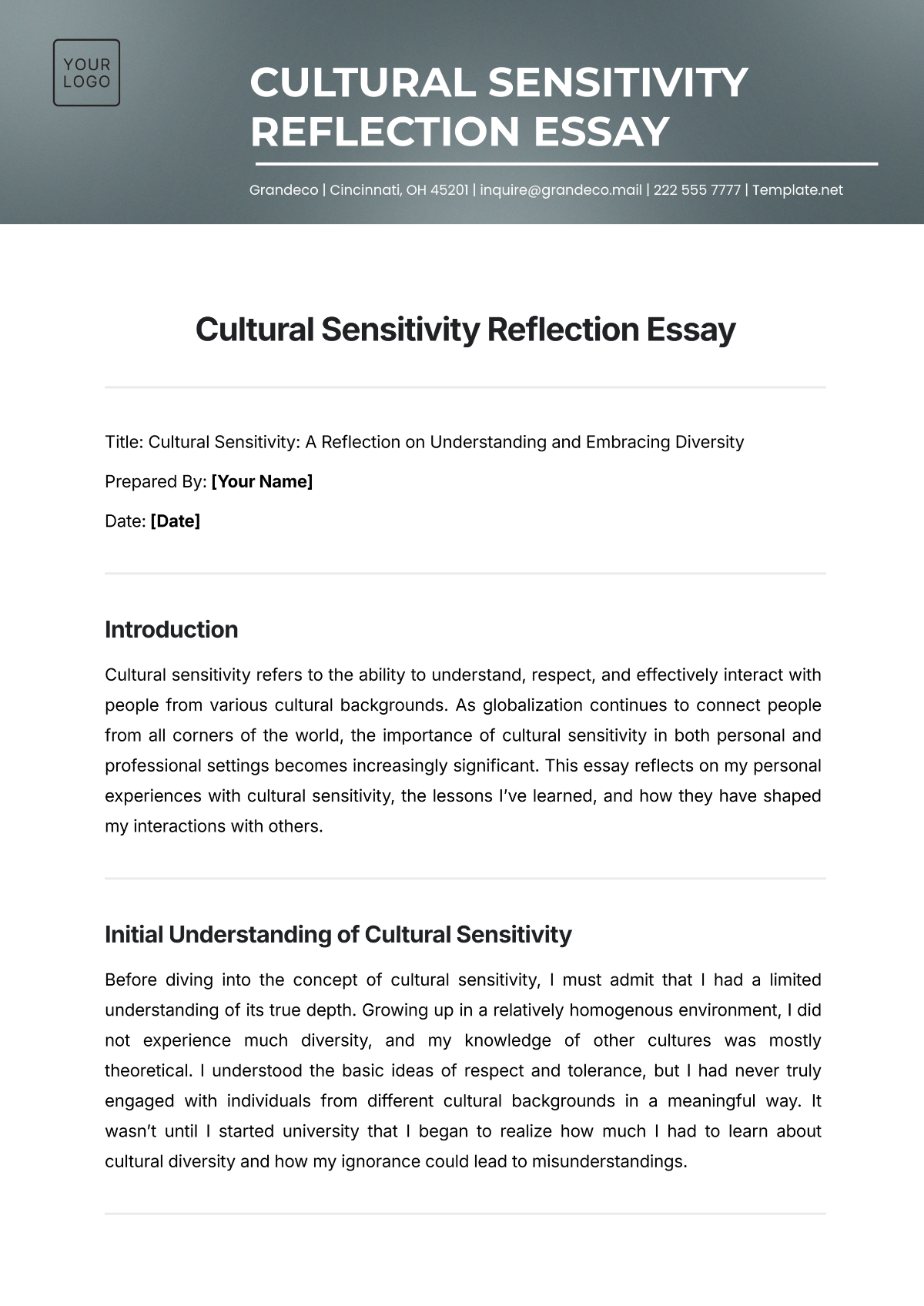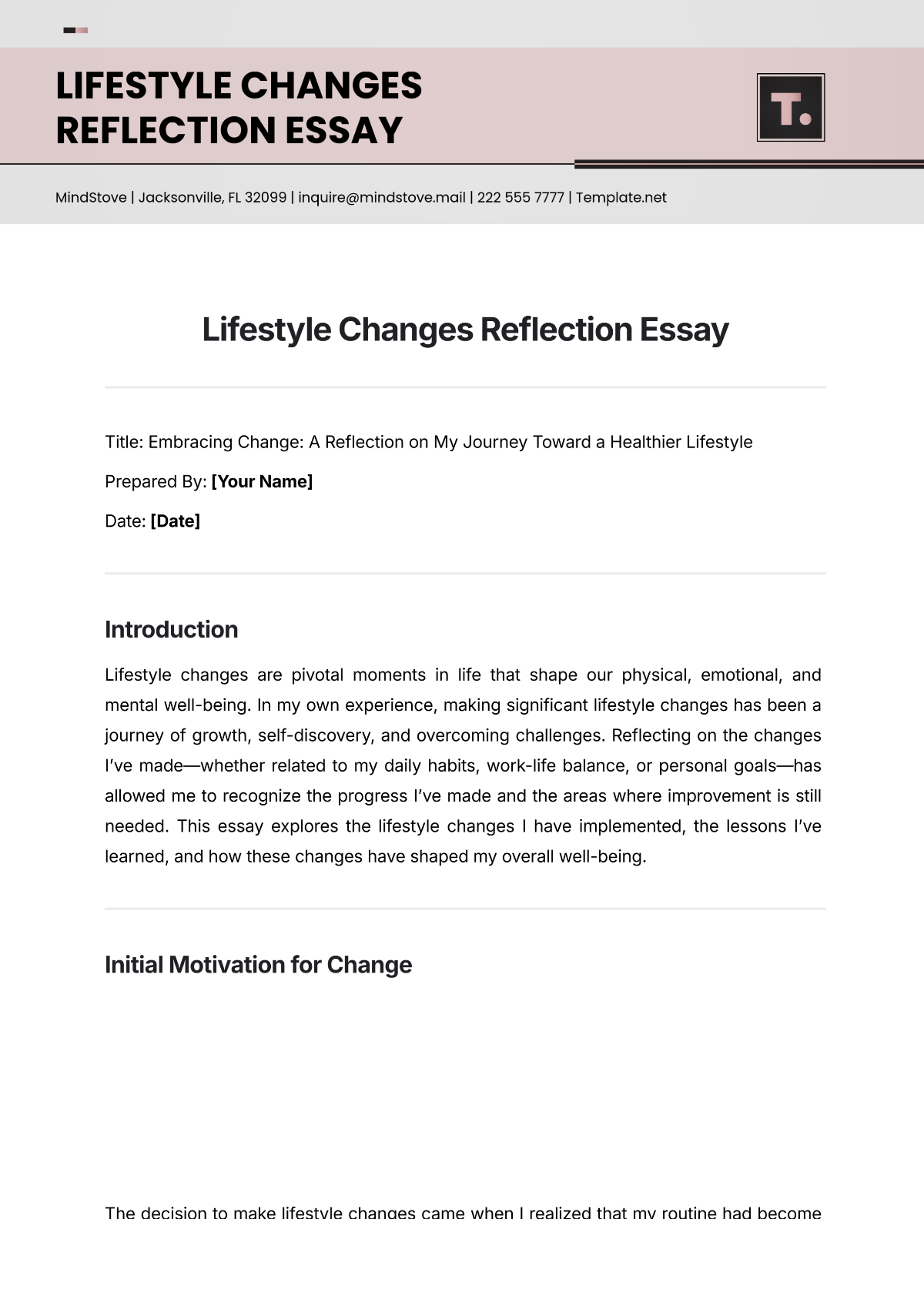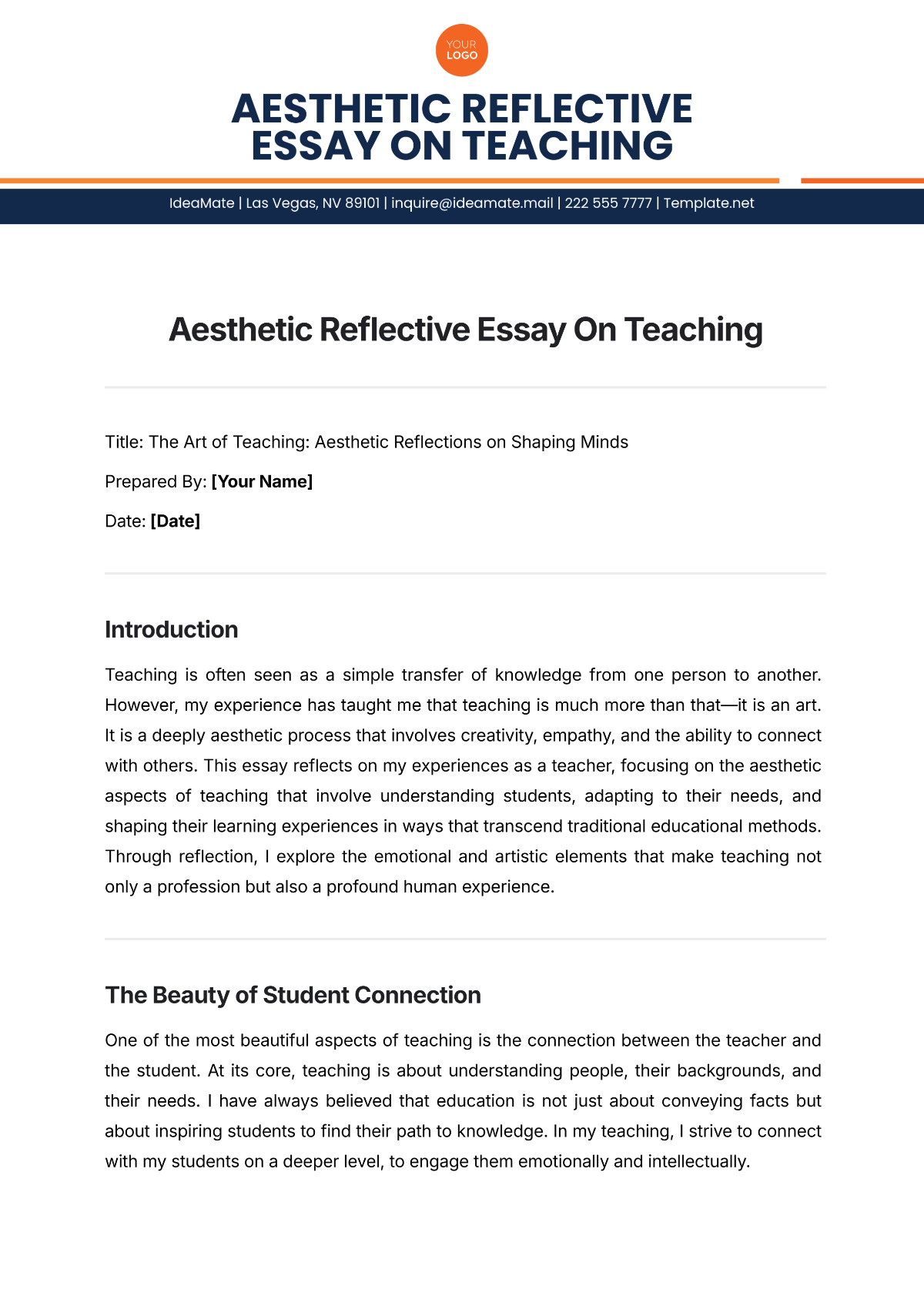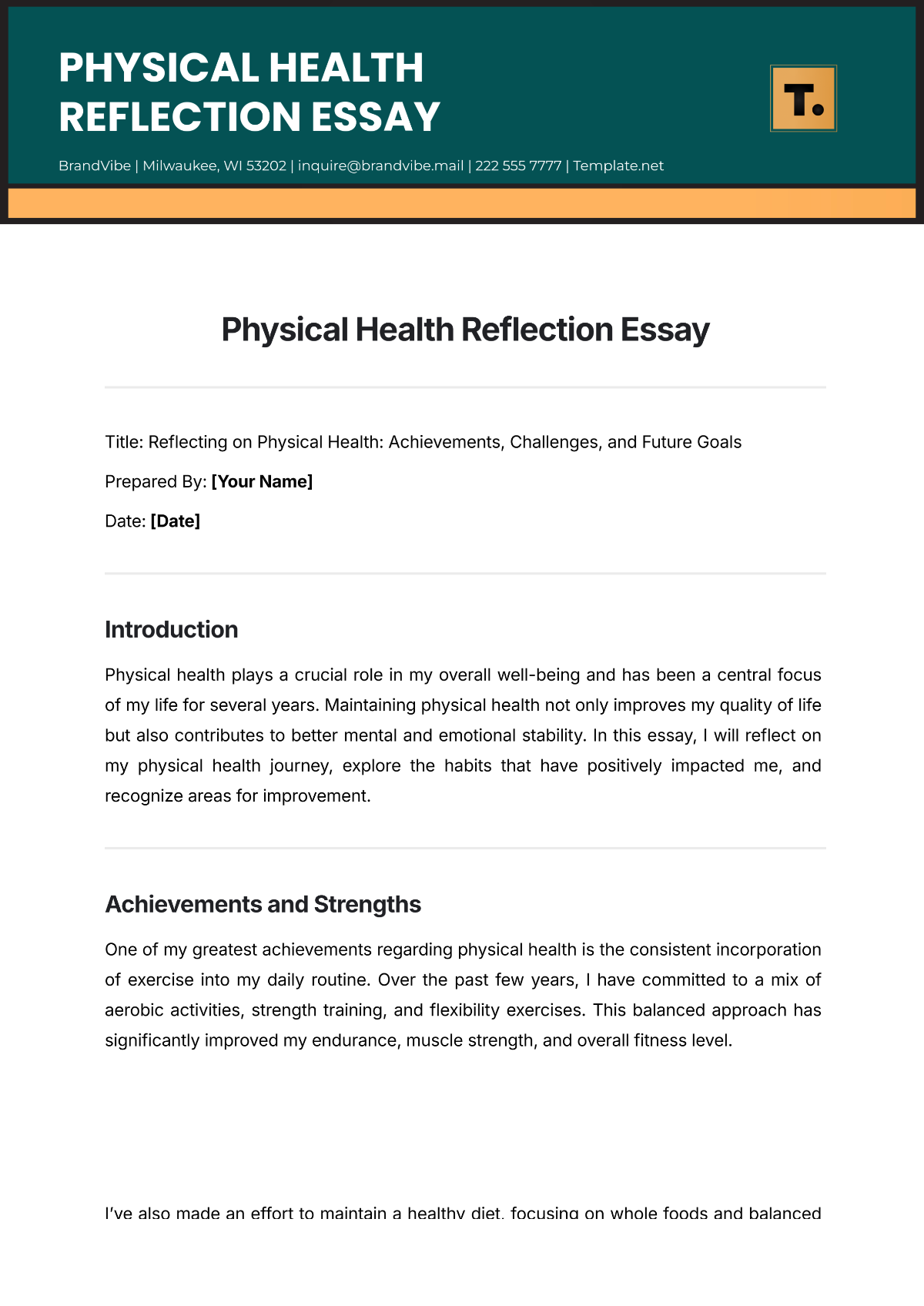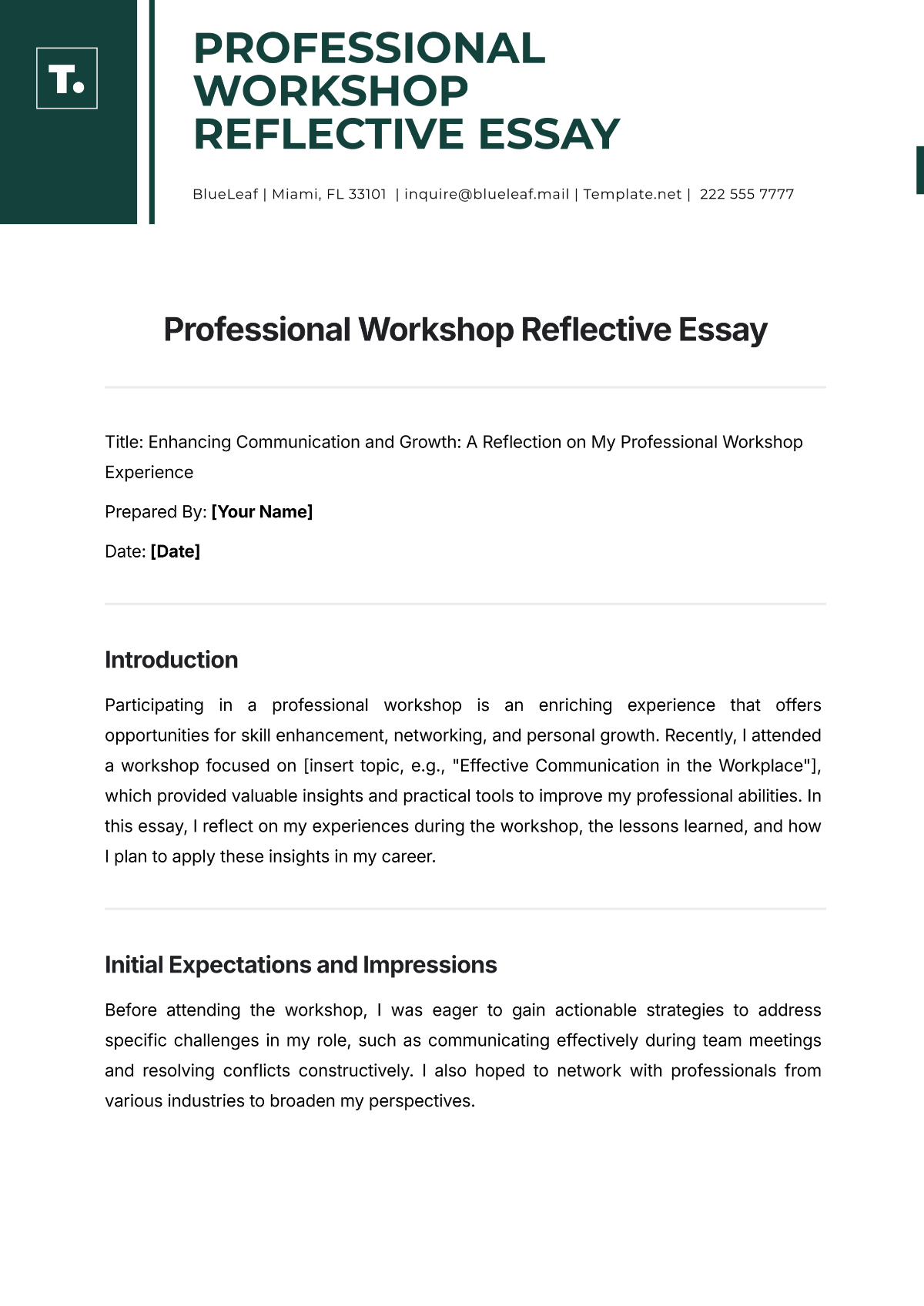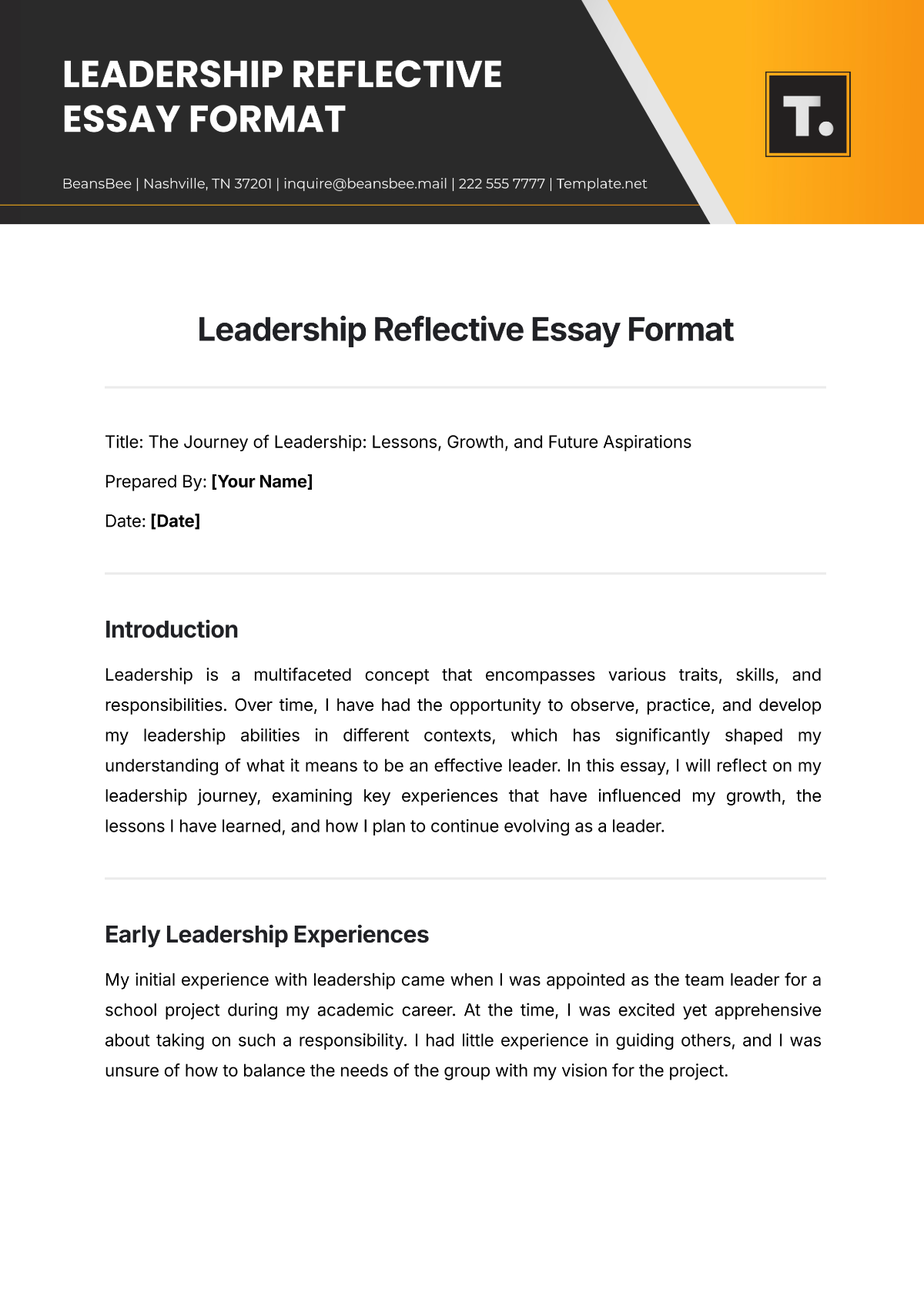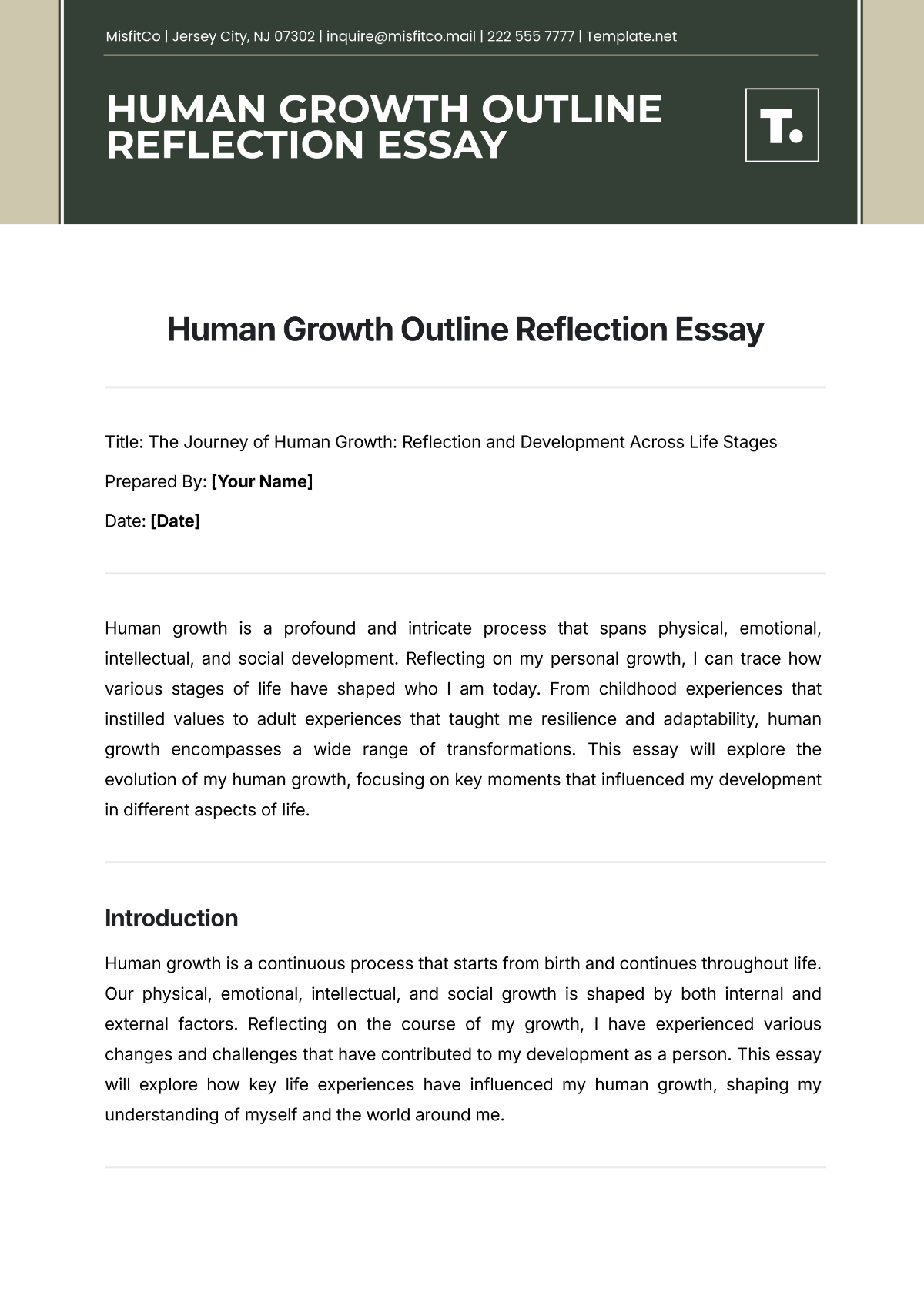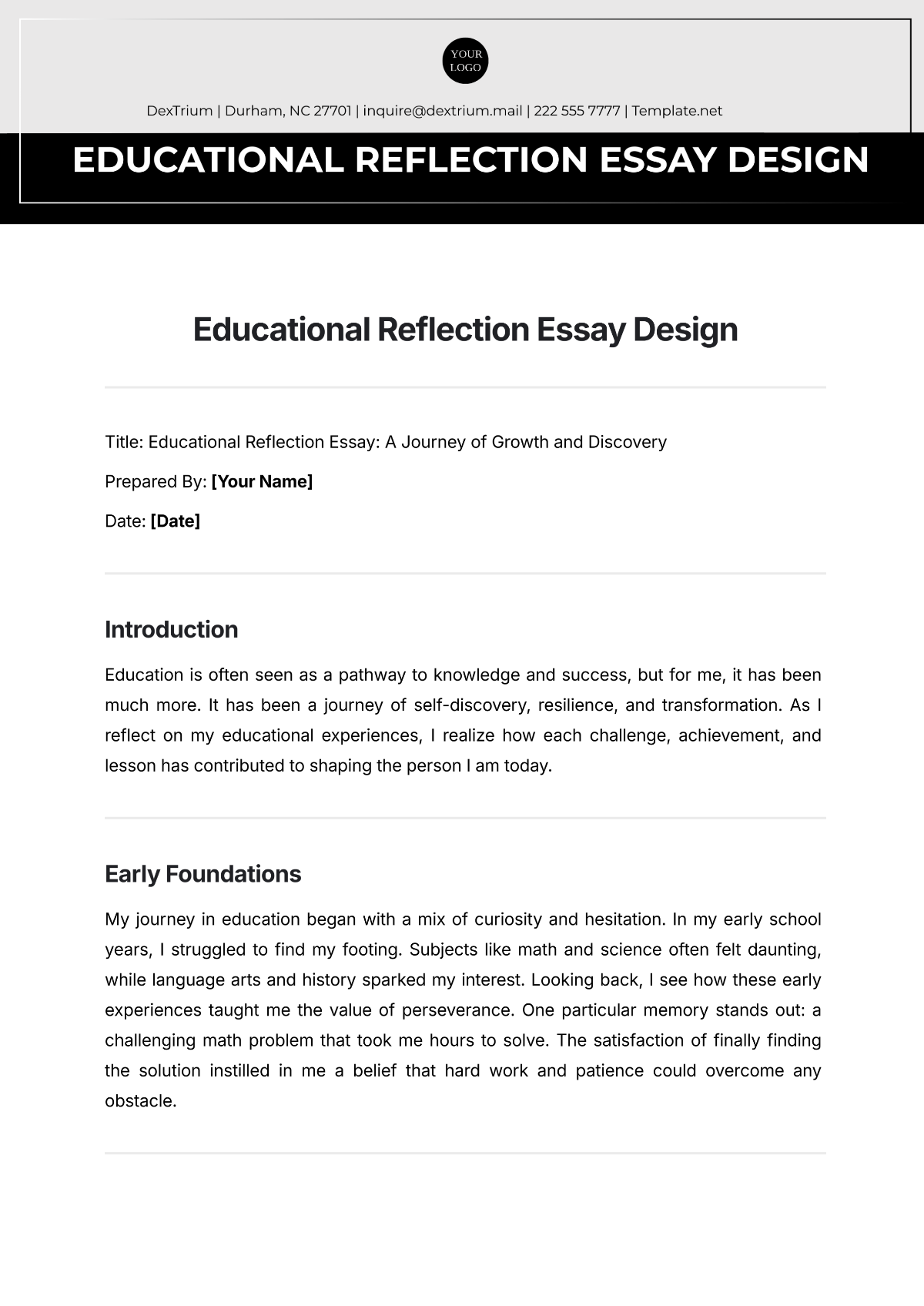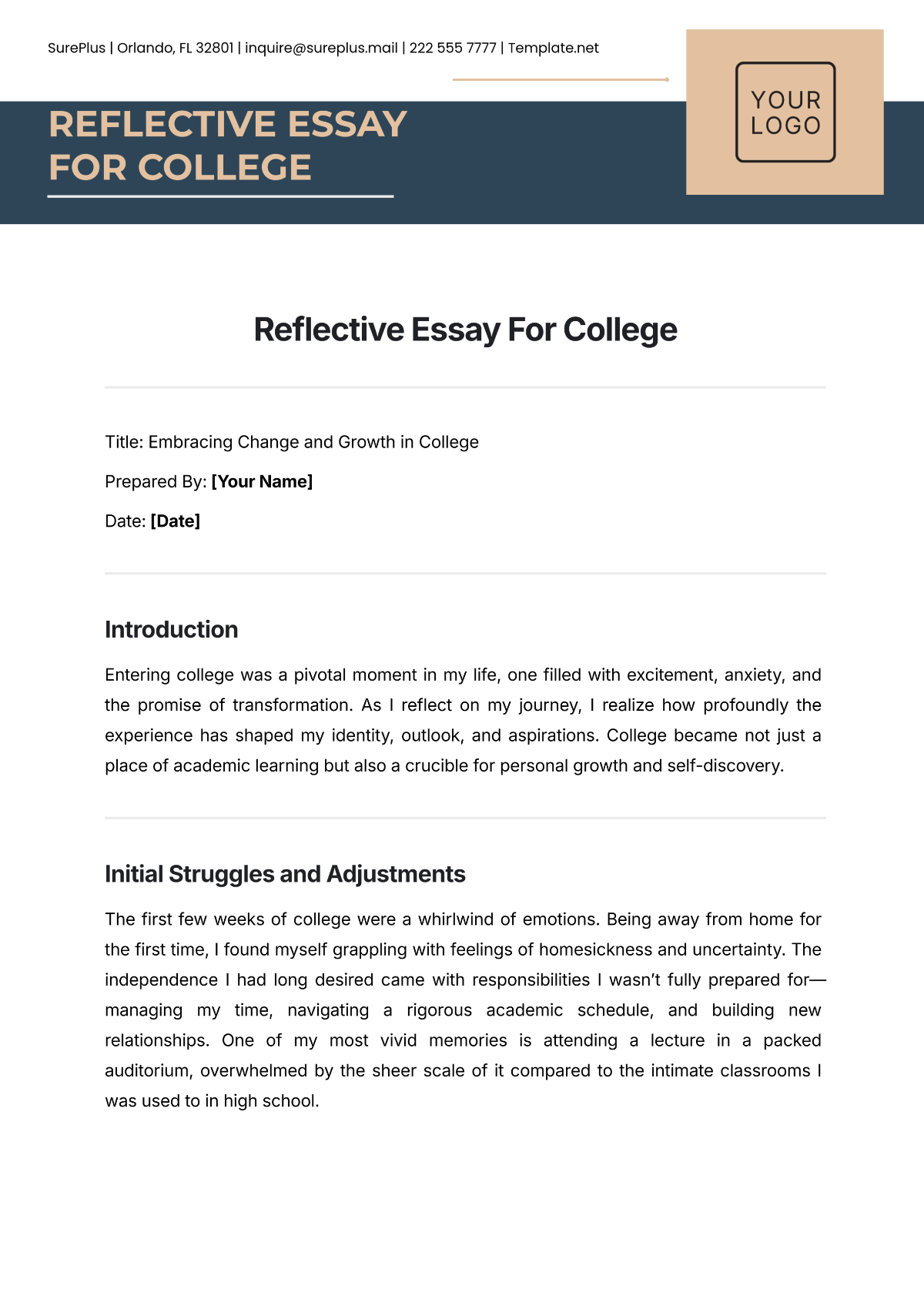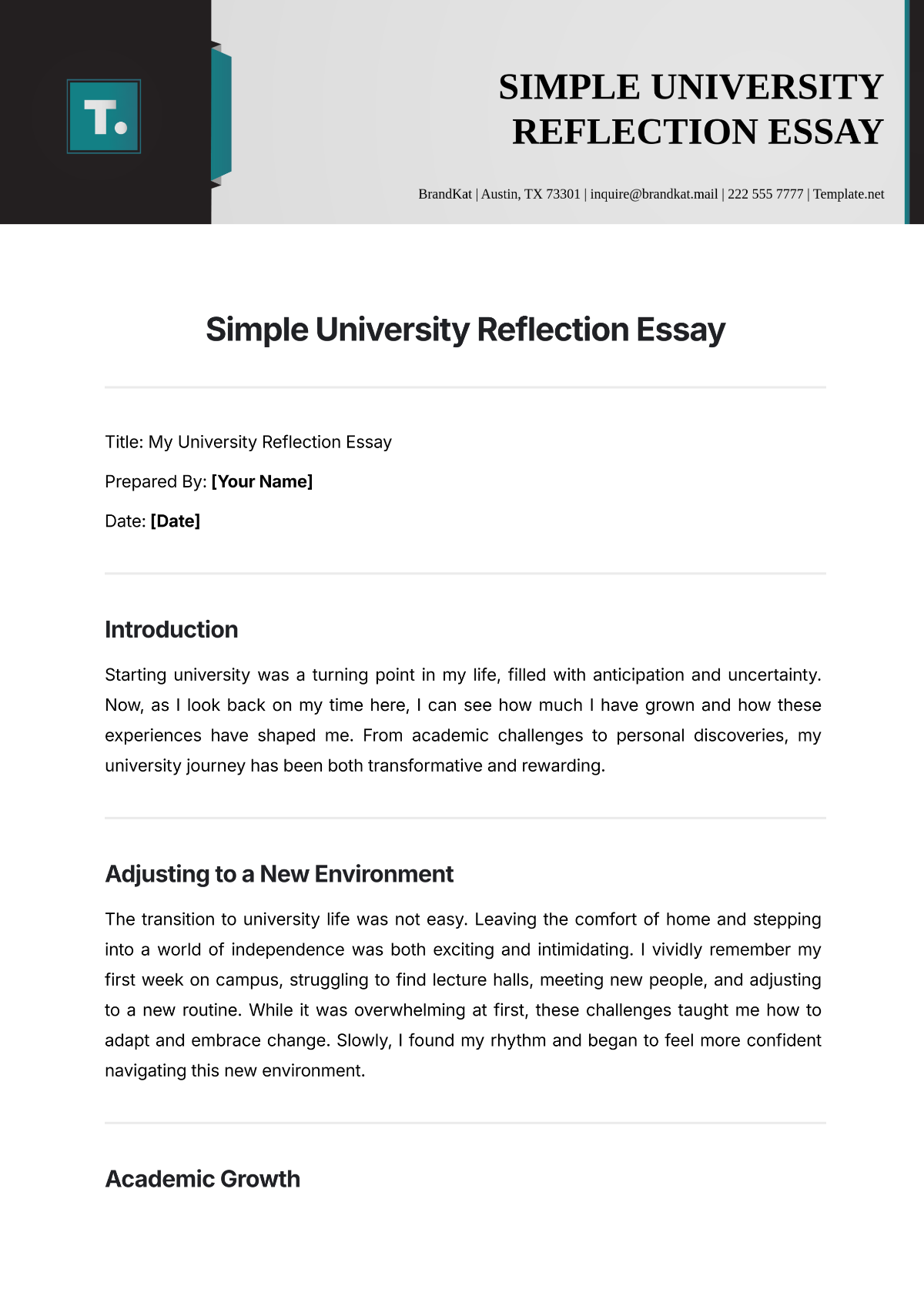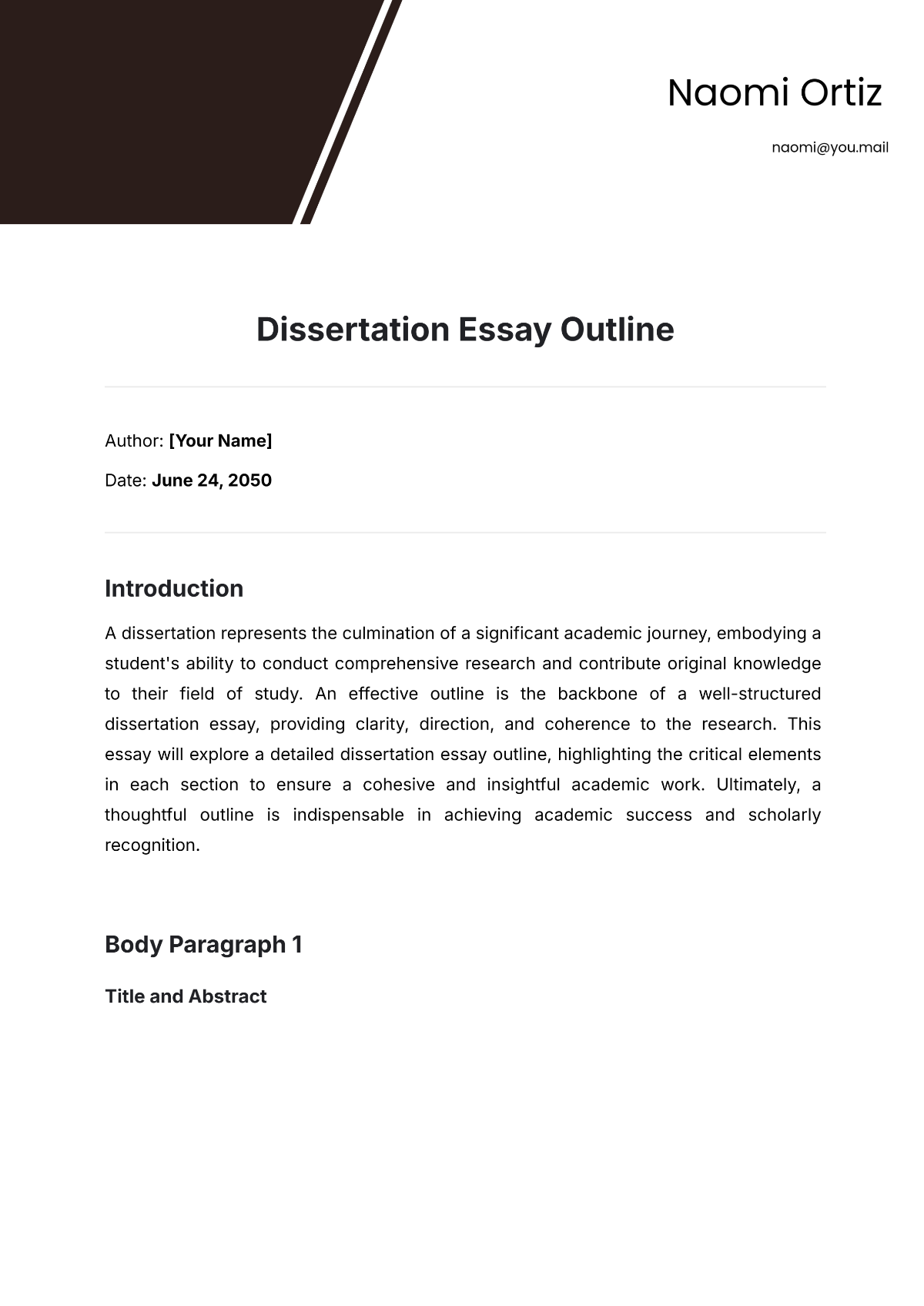Synthesis Integration in Academic Writing
Written By: [Your Name]
Synthesis integration serves as a crucial method in academic writing, enabling scholars to blend ideas from various sources to construct a cohesive and persuasive argument. This essay explores the importance, methods, and benefits of synthesis integration within academic contexts. By examining the strategies involved, the significance of proper citation, and the overall advantages to academic discourse, we can better understand the vital role of synthesis integration in academic writing.
The Importance of Synthesis Integration
The process of synthesis integration is integral to academic writing because it allows the writer to present a balanced and well-rounded argument. Combining different viewpoints and ideas from multiple sources helps in creating a nuanced discussion. According to Graff and Birkenstein (2020), employing synthesis enables writers to demonstrate their understanding of the topic and engage critically with existing literature. This makes synthesis a foundational skill for producing scholarly work that is both comprehensive and insightful.
Methods of Effective Synthesis
Effective synthesis in academic writing typically involves several key methods. First, summarizing the main points of each source ensures that the essence of the work is captured succinctly. Second, comparing and contrasting different sources helps to highlight similarities and differences, leading to a deeper understanding of the subject. Additionally, integrating quotations and paraphrases with proper citations is vital for maintaining academic integrity. Tools such as graphic organizers and synthesis matrices can aid in the visualization and organization of information from various sources (Harris, 2017).
Benefits of Synthesis Integration in Academic Writing
The benefits of synthesis integration extend beyond the creation of a well-supported argument. It fosters critical thinking by encouraging writers to analyze and evaluate information from diverse perspectives. As noted by Booth, Colomb, and Williams (2016), this practice not only enhances the writer's analytical abilities but also enriches the reader's understanding by presenting a multifaceted view of the topic. Furthermore, synthesis integration supports the development of original ideas, as it provides a foundation for innovation and new insights based on existing knowledge.
Conclusion
In conclusion, synthesis integration is a fundamental component of academic writing that enhances the quality and depth of scholarly discourse. By emphasizing the importance of synthesizing information, employing effective methods for integration, and recognizing the numerous benefits, writers can improve their academic work. The ability to combine ideas from various sources not only supports the creation of well-rounded arguments but also promotes critical thinking and intellectual growth.

